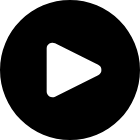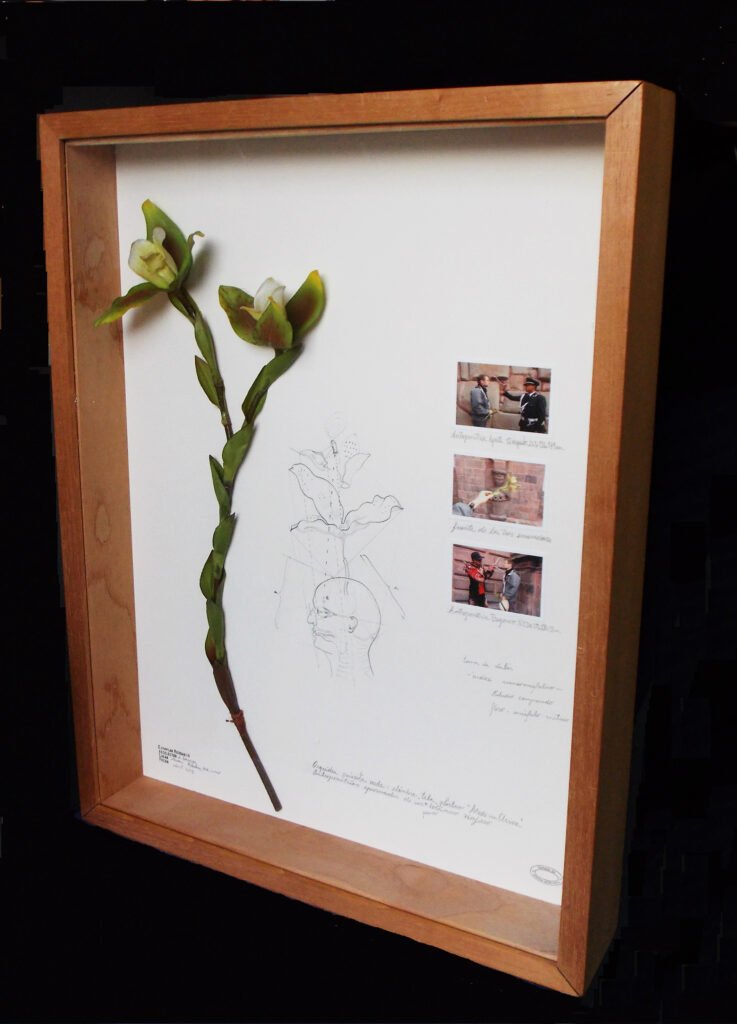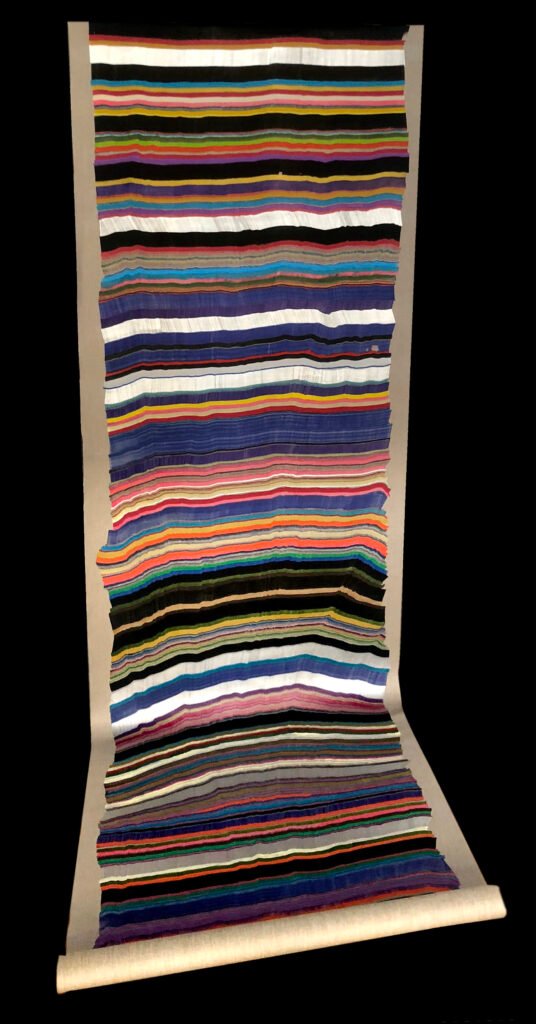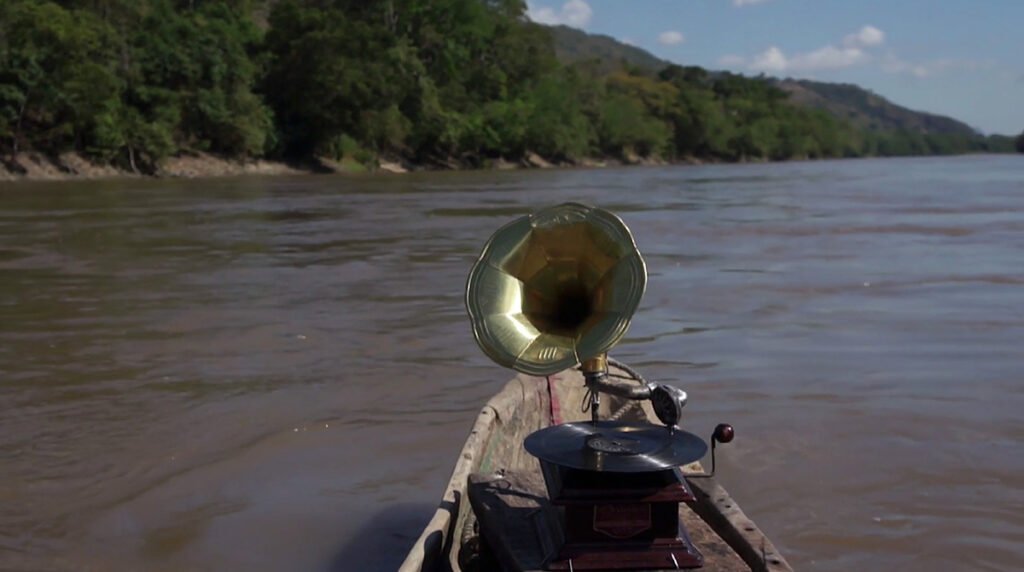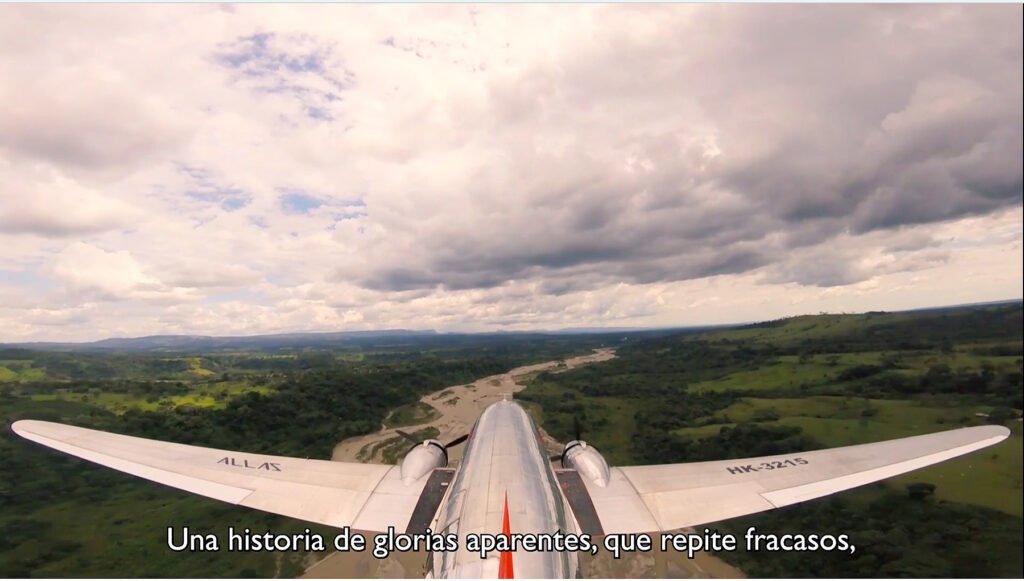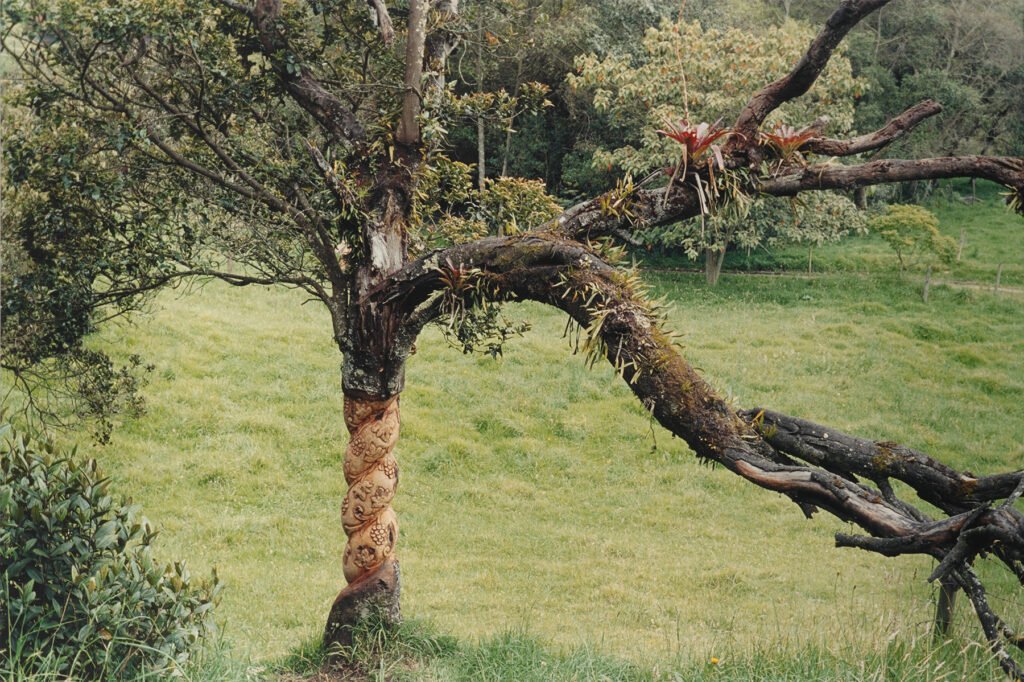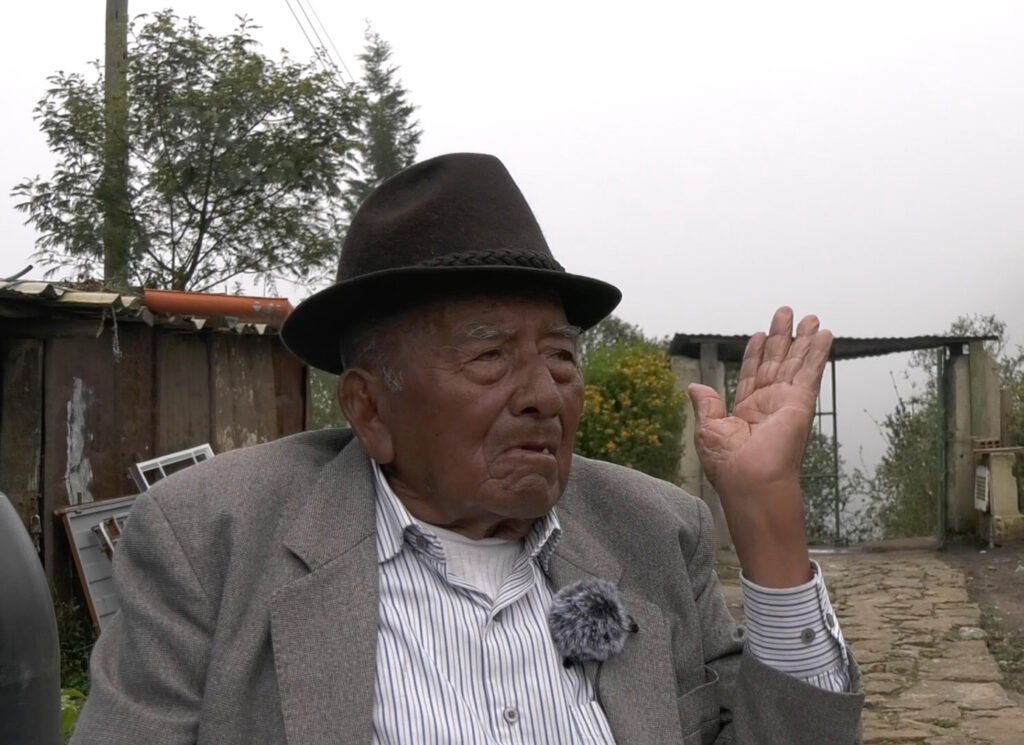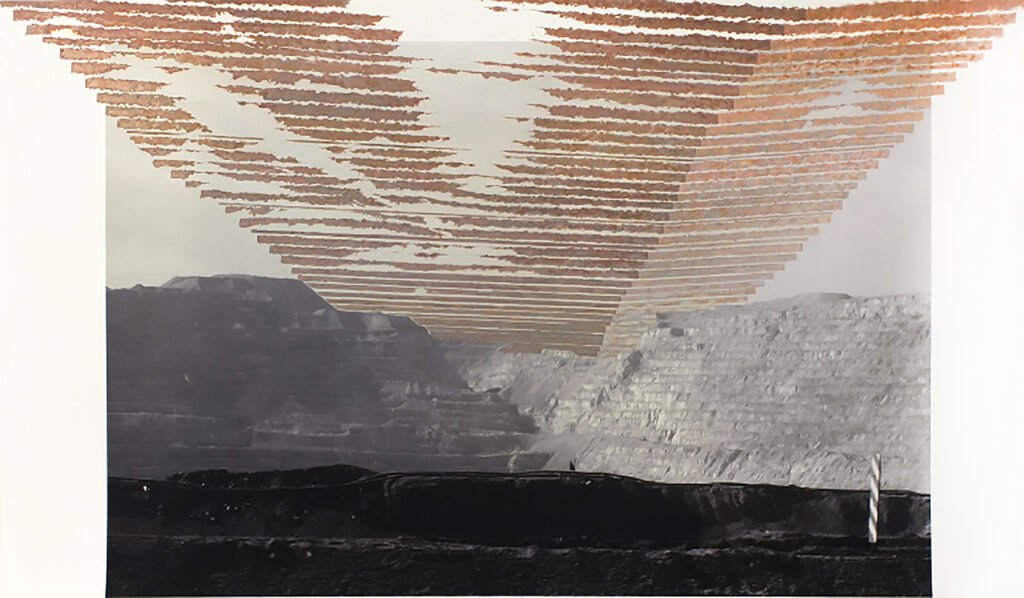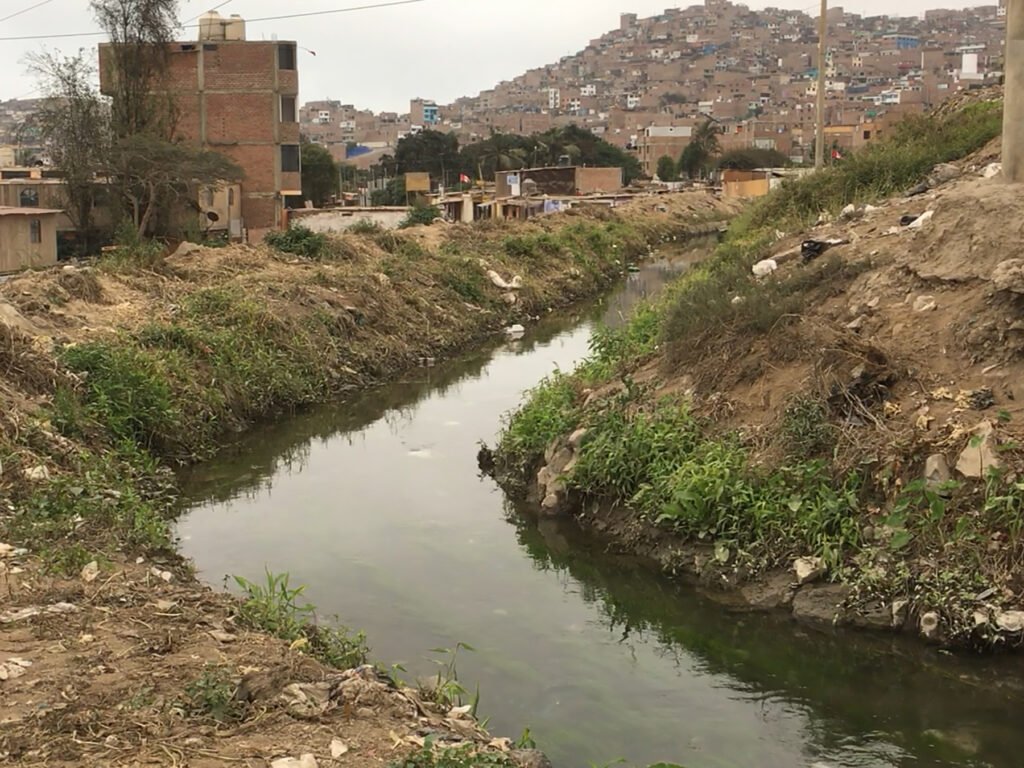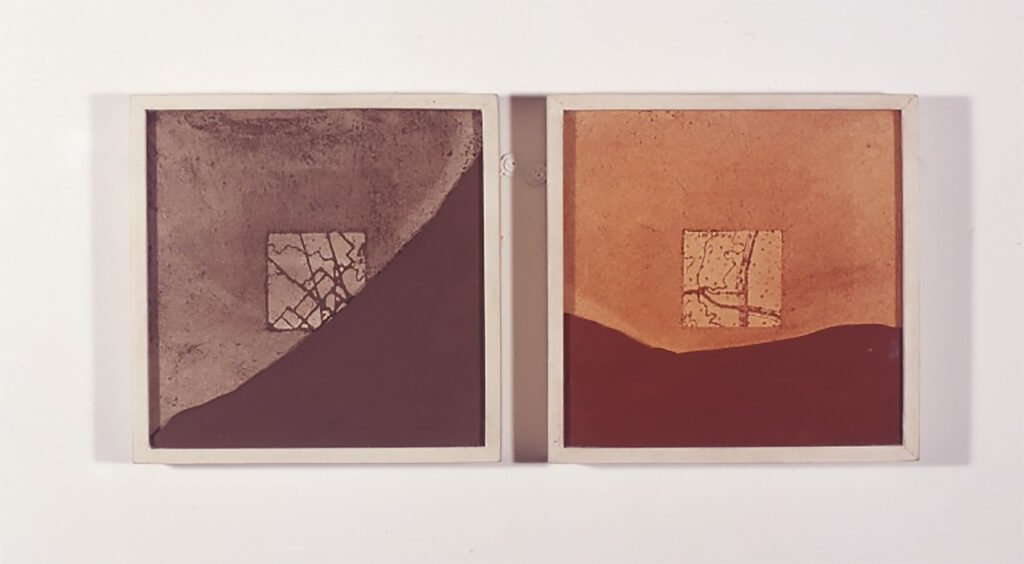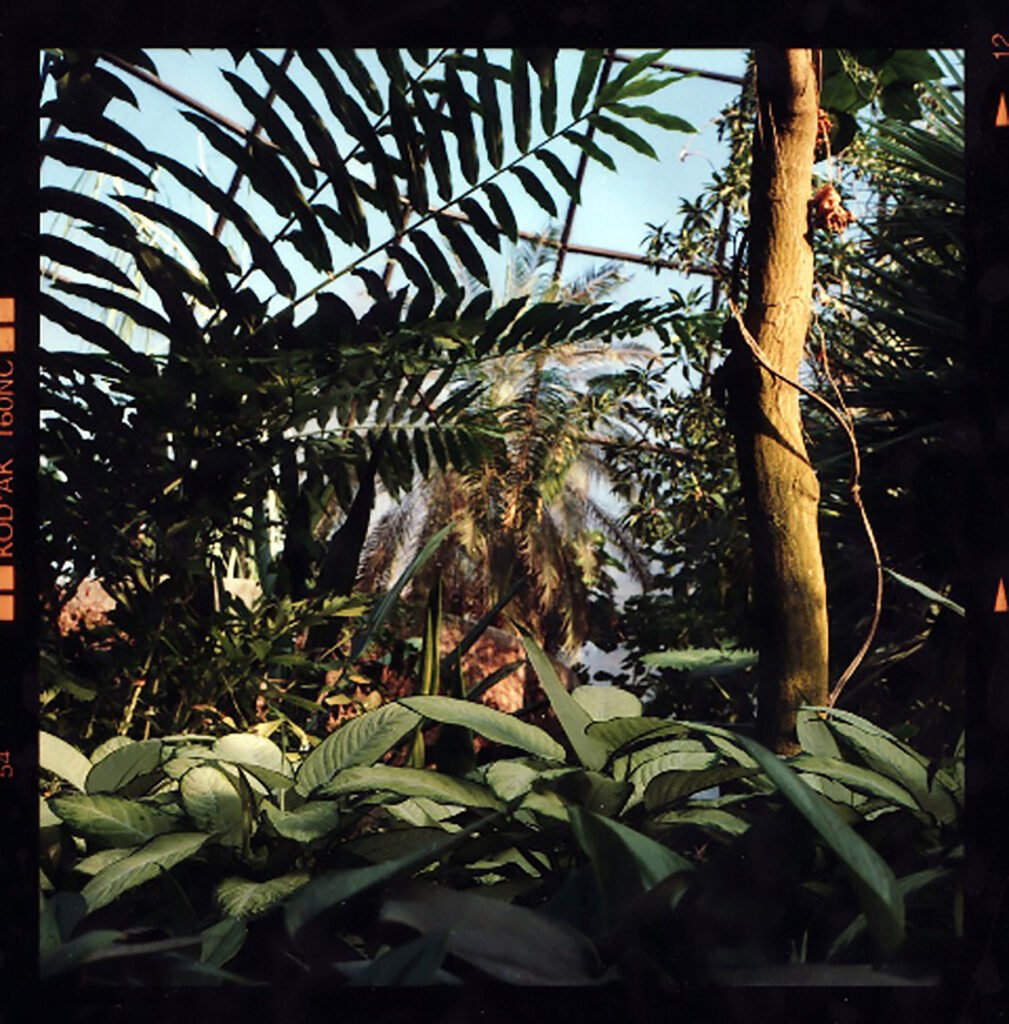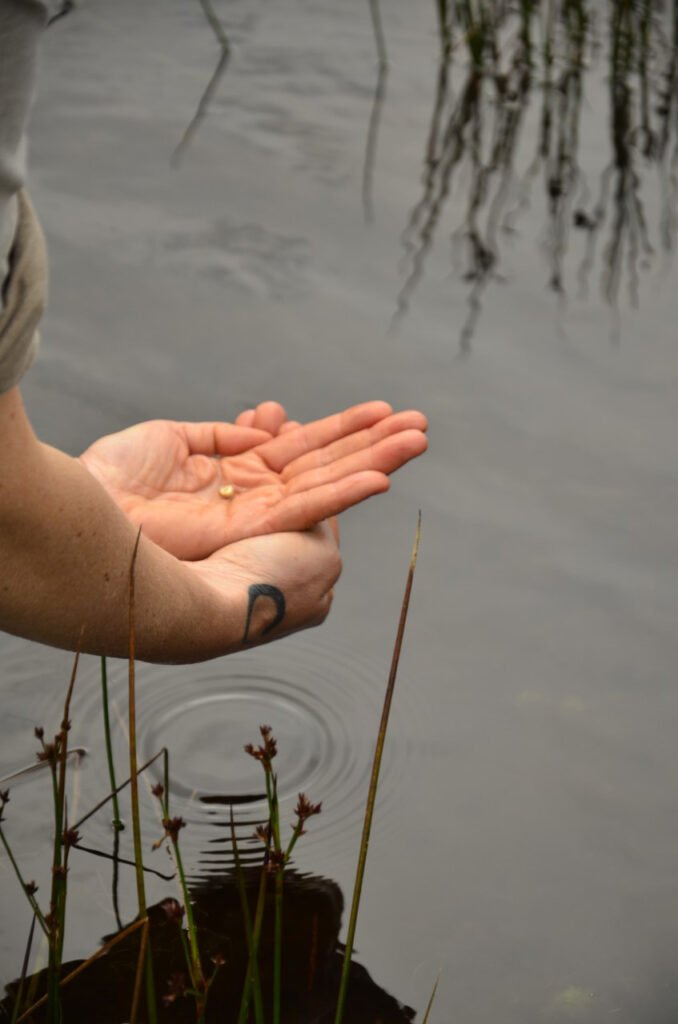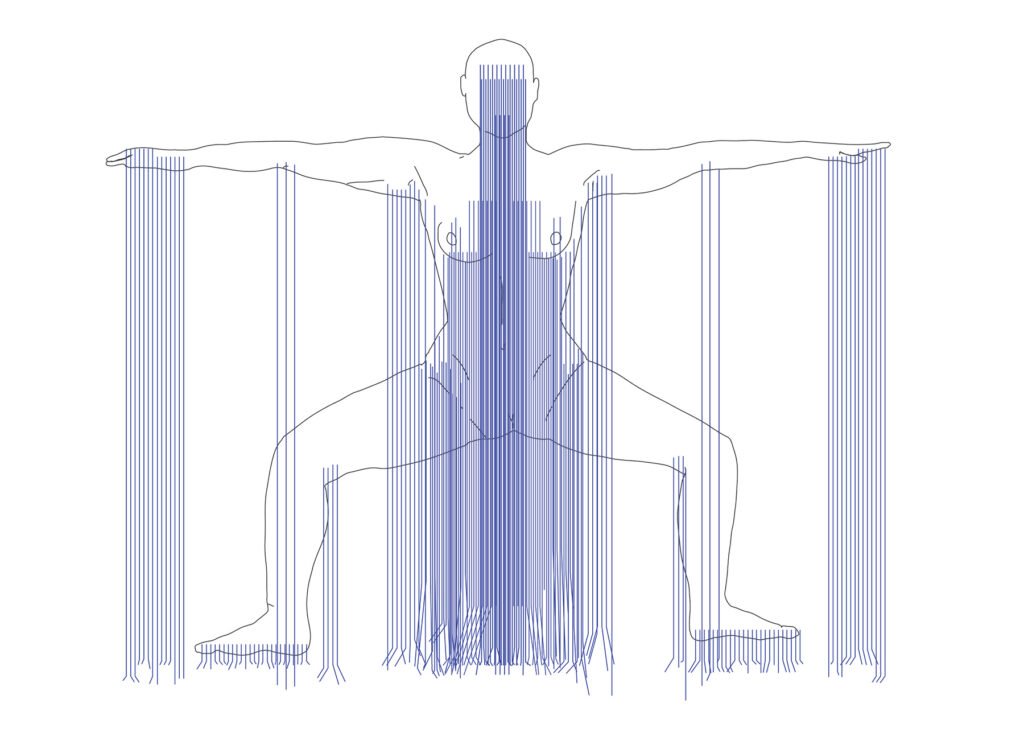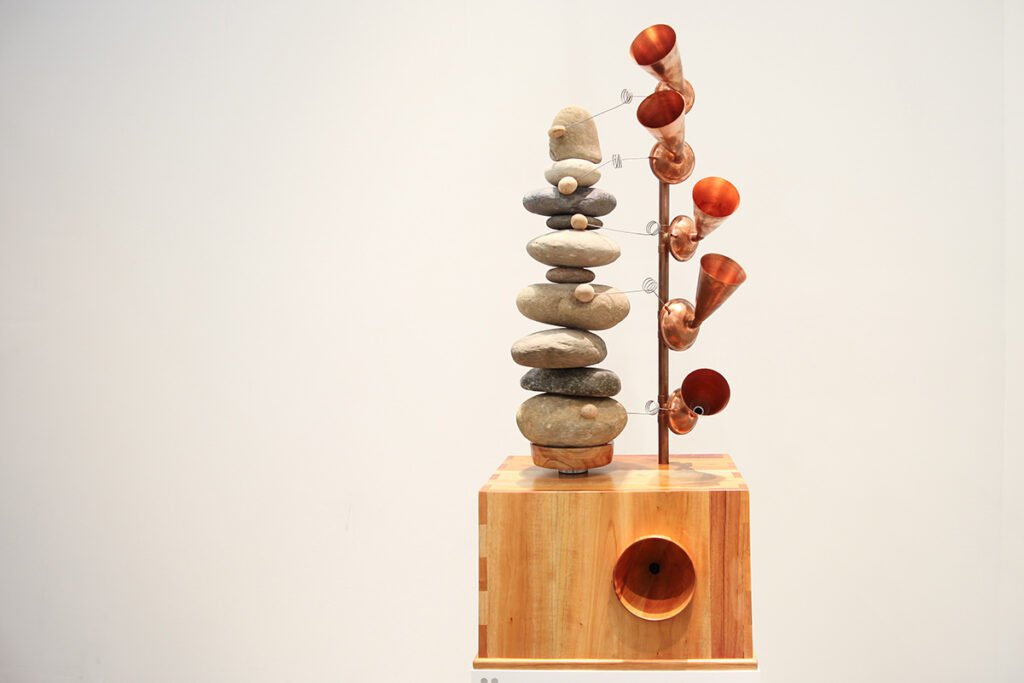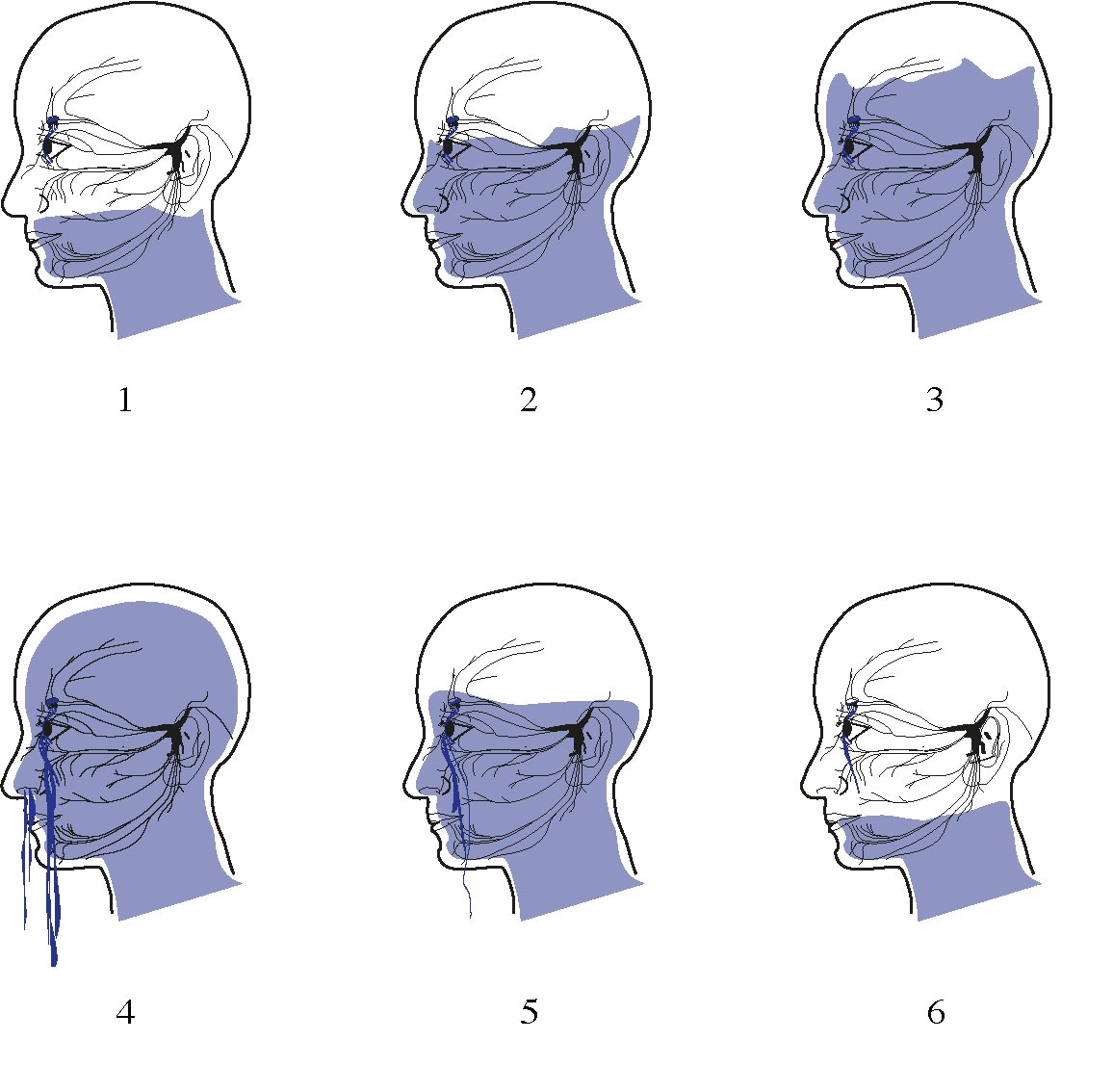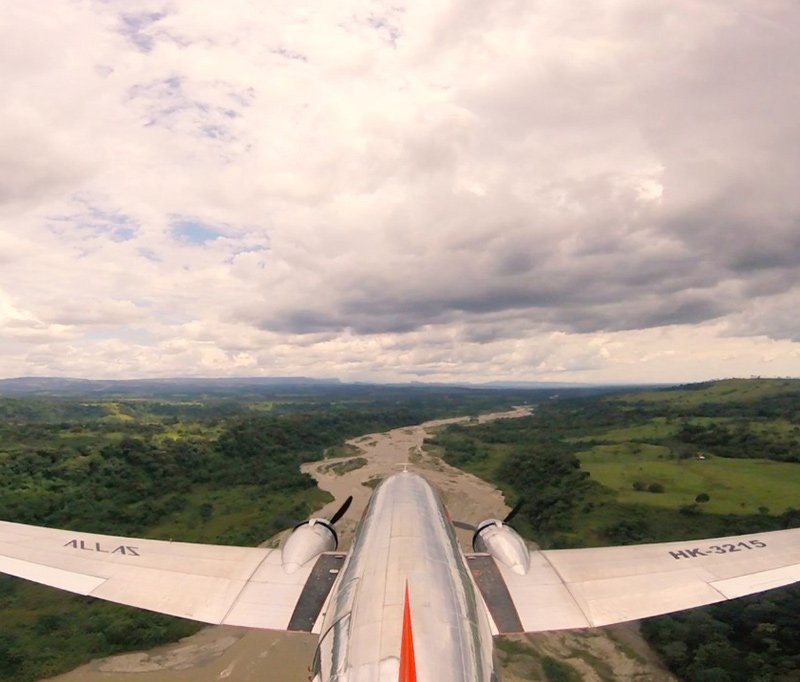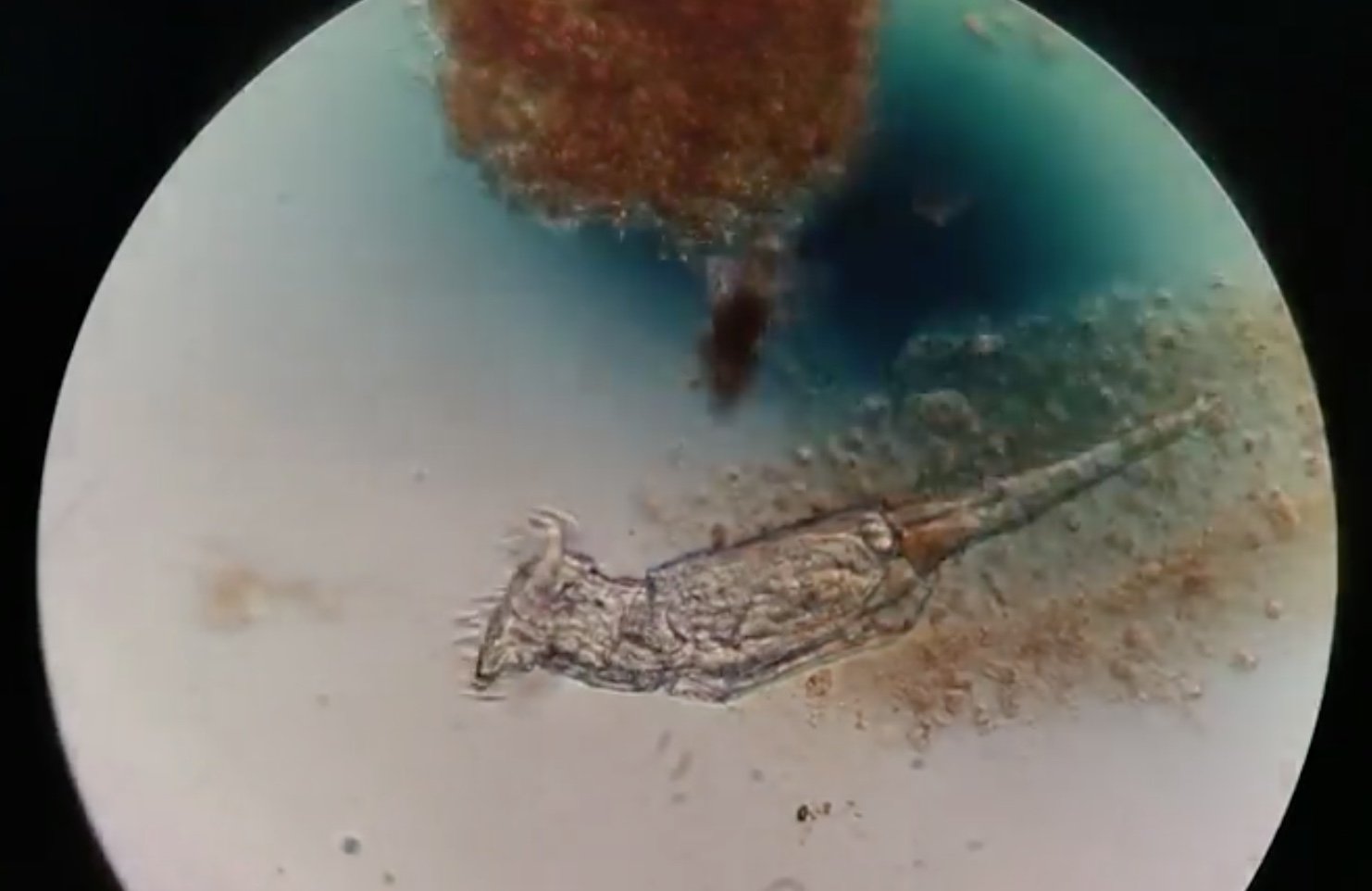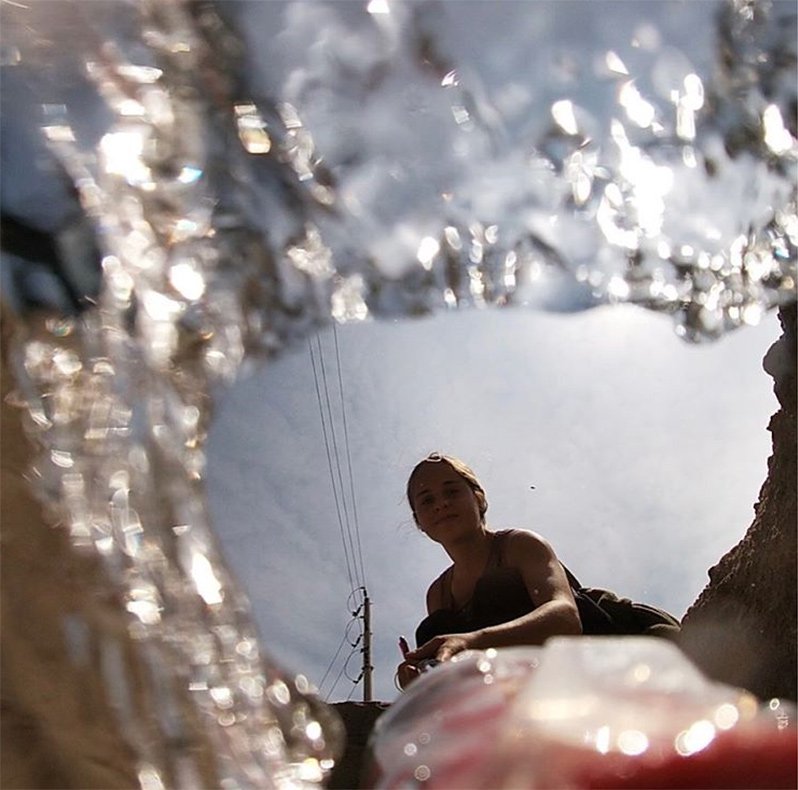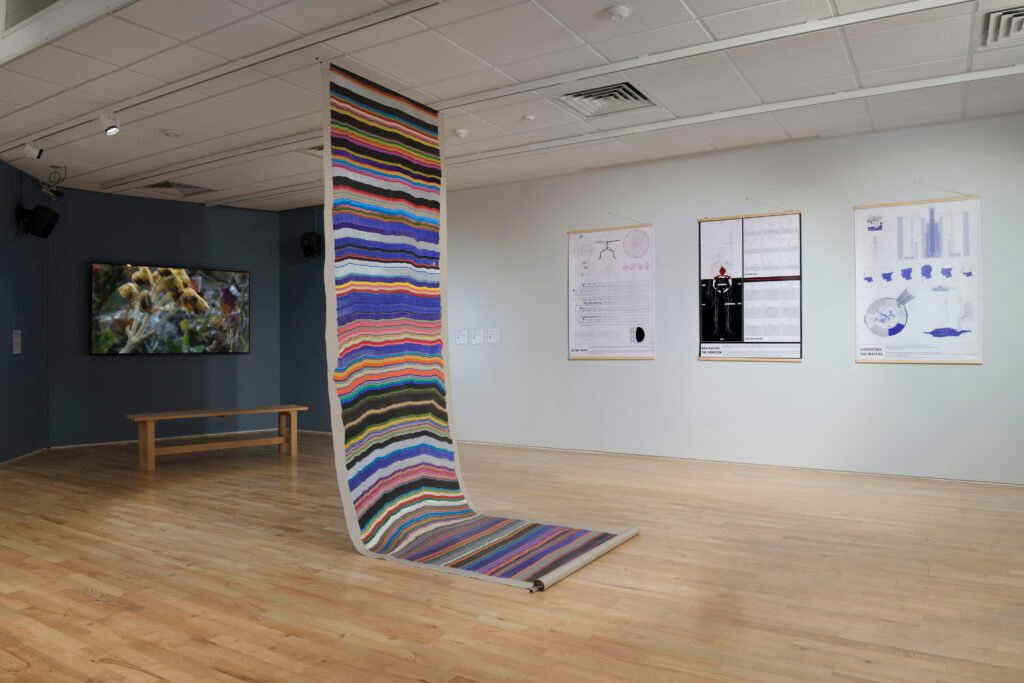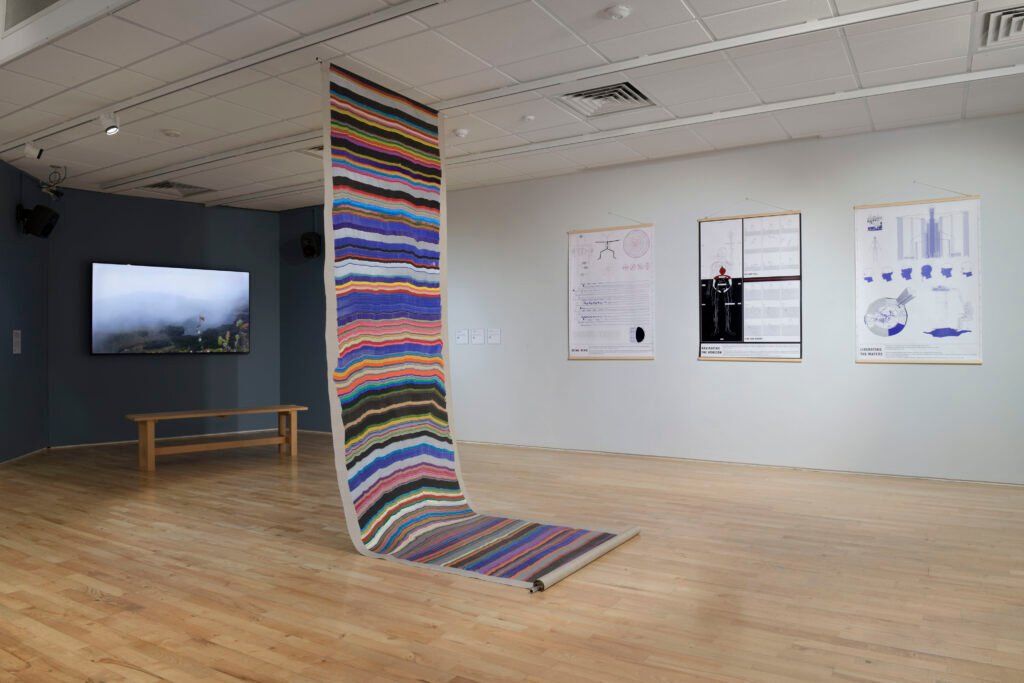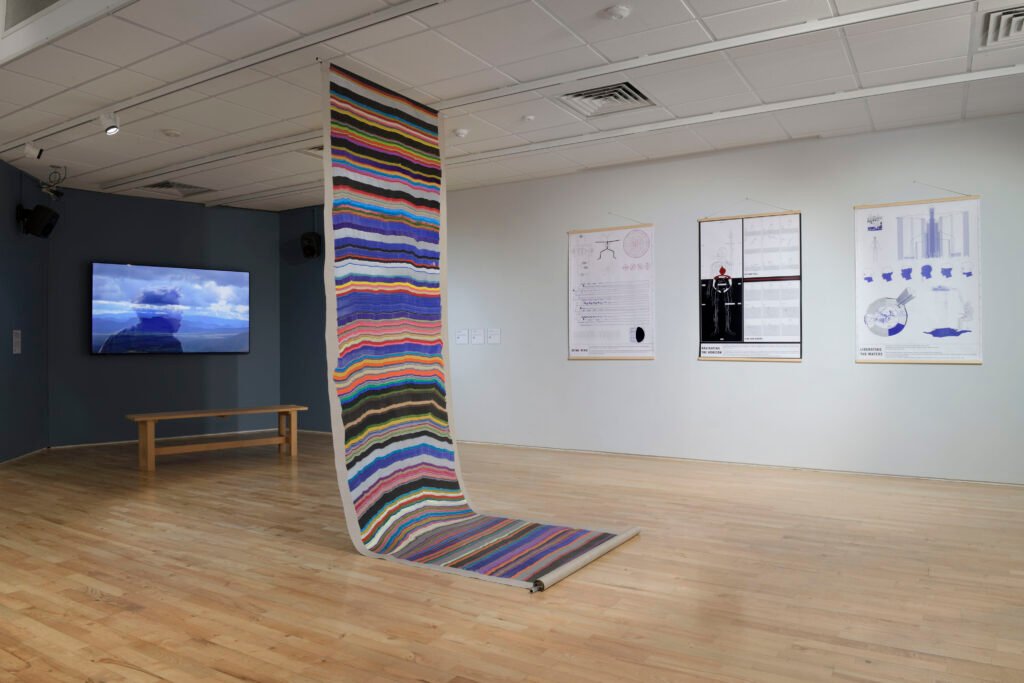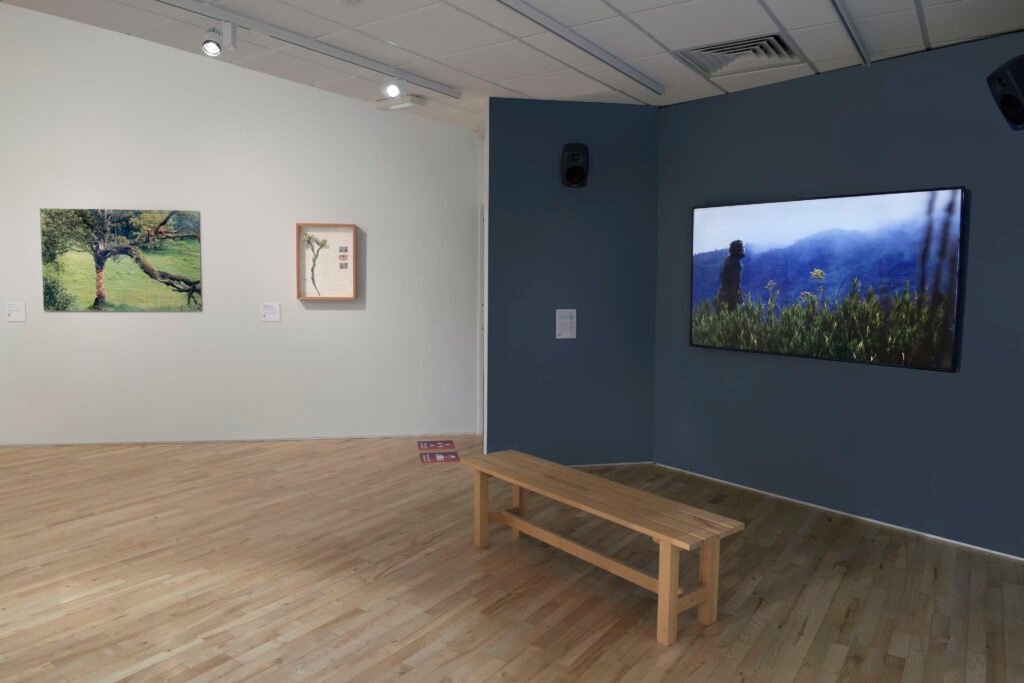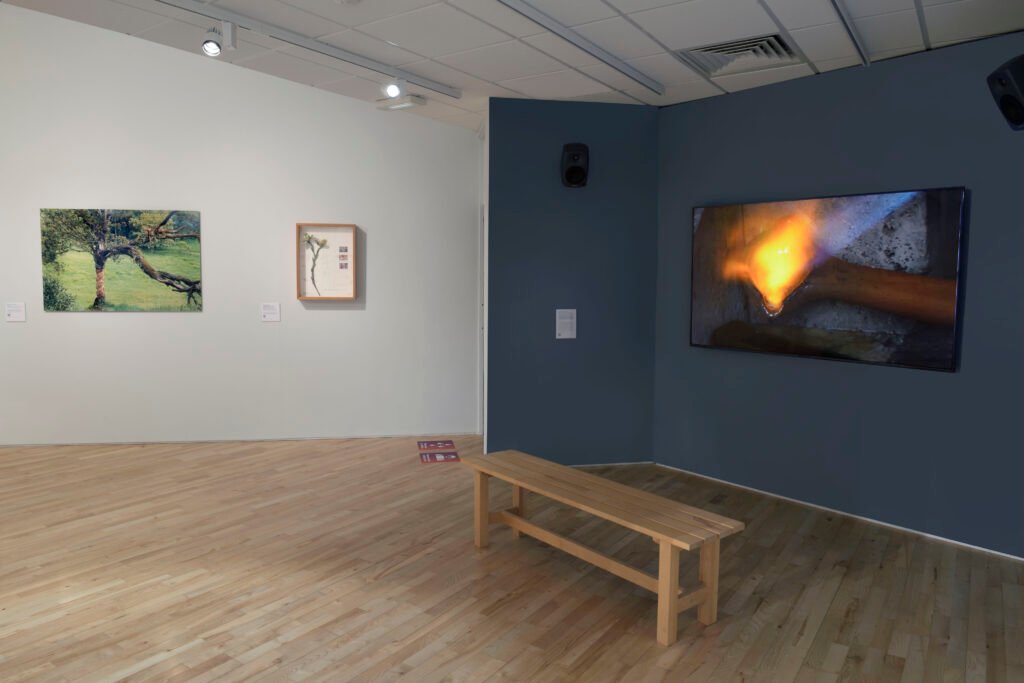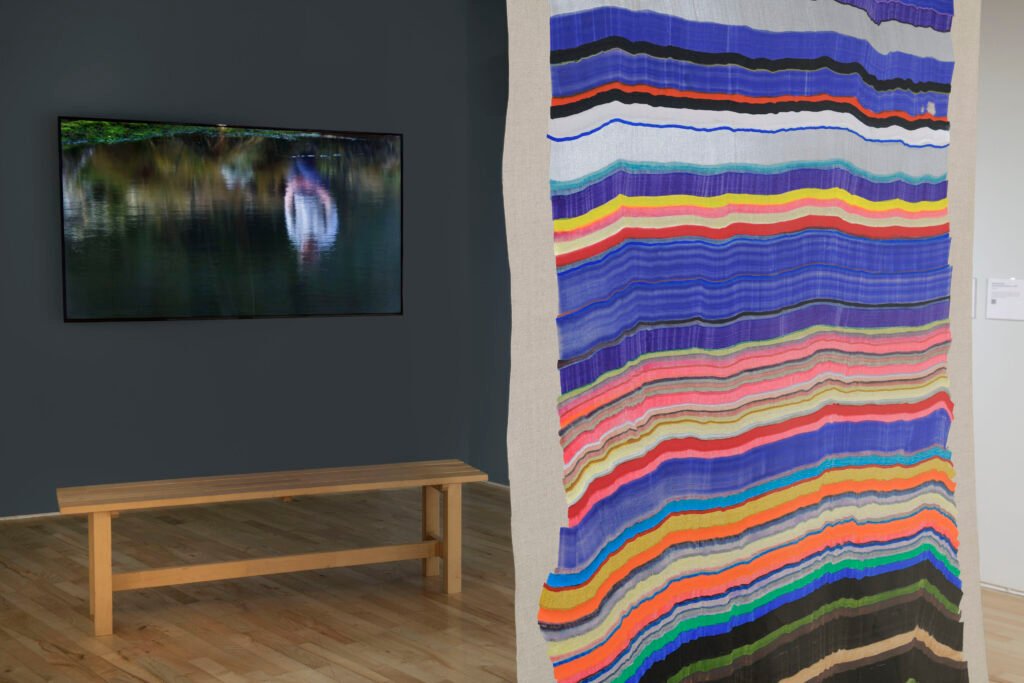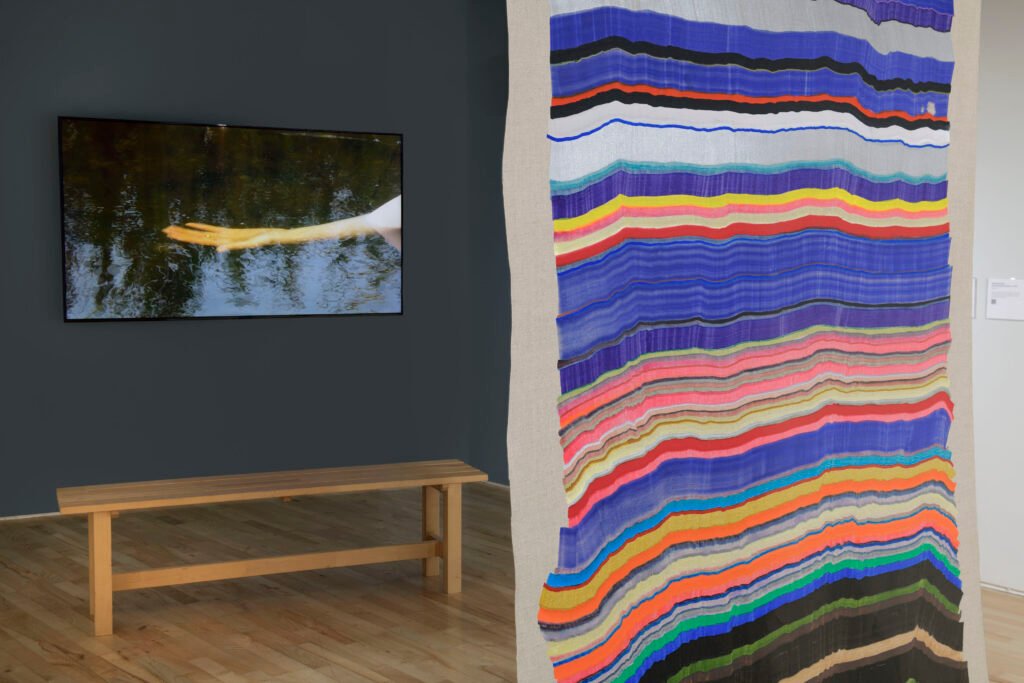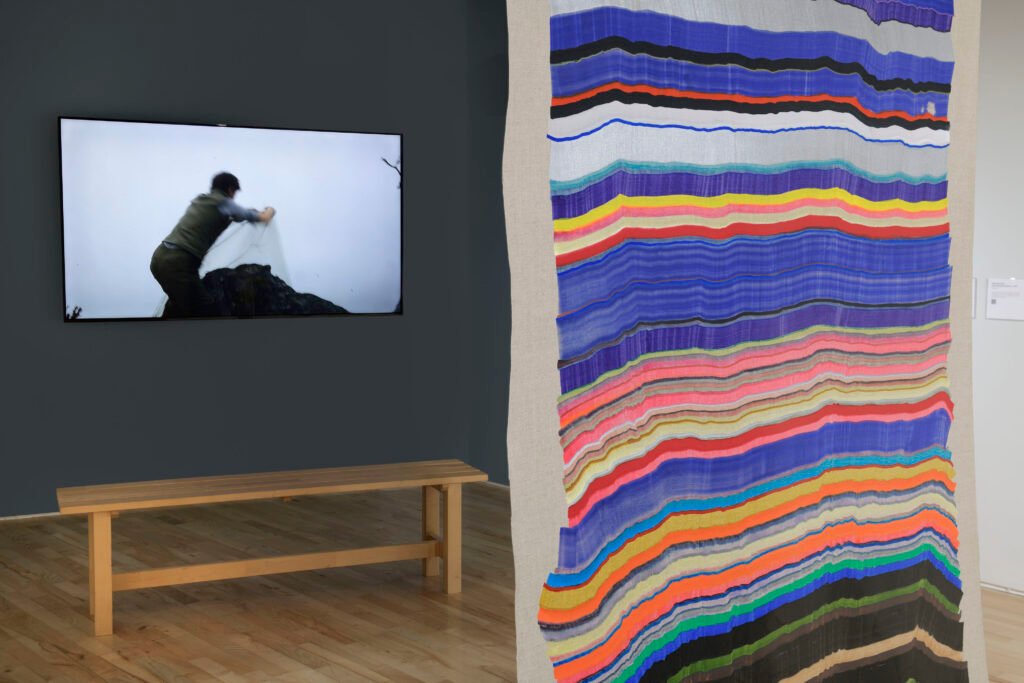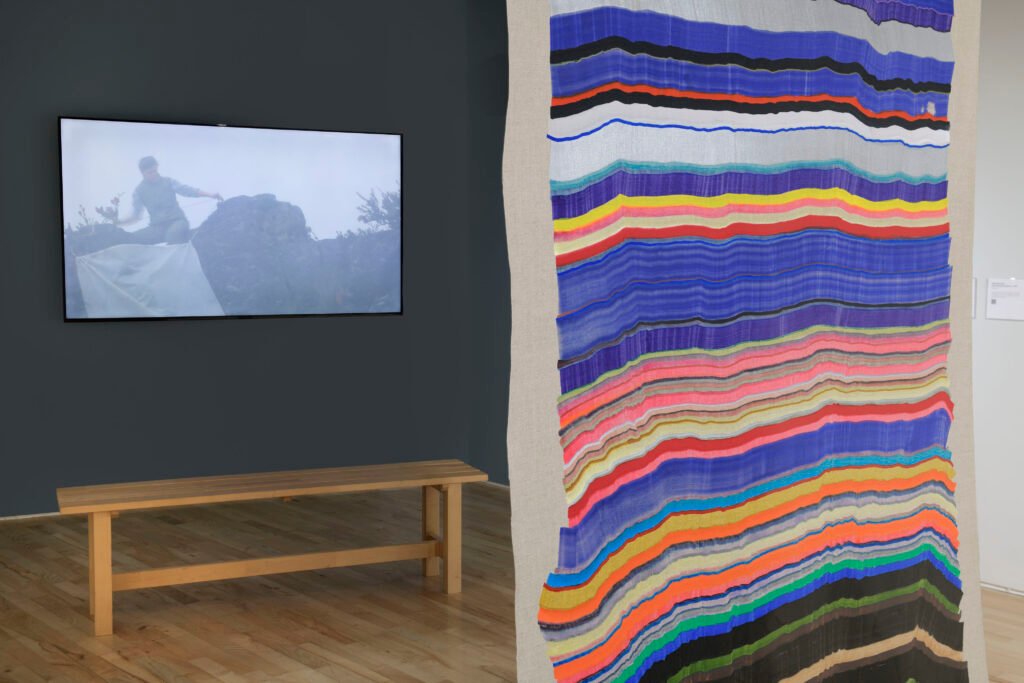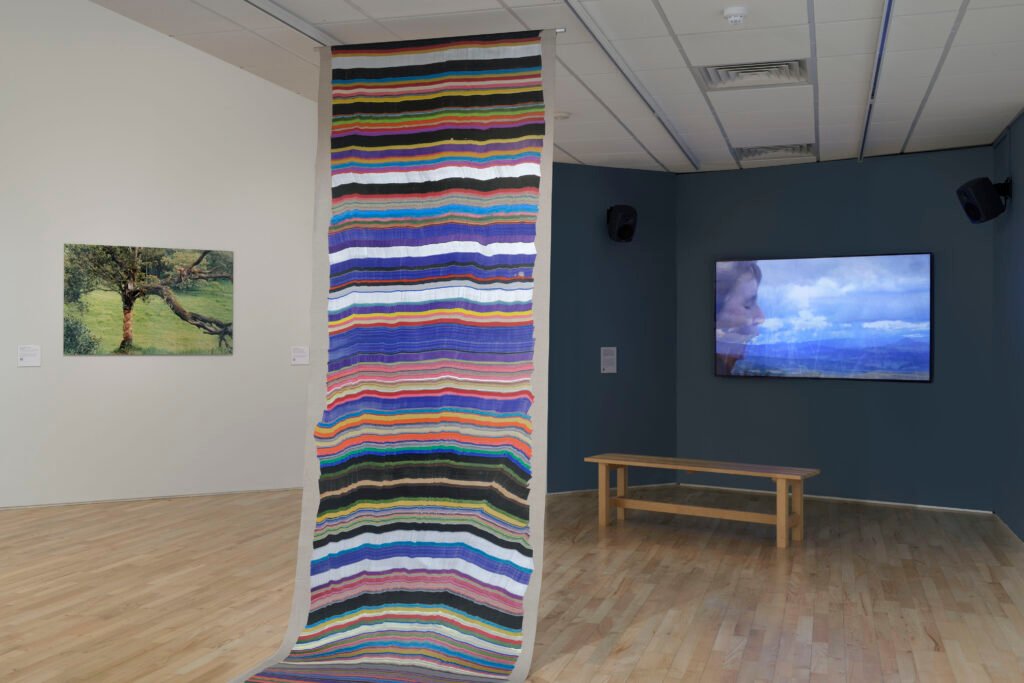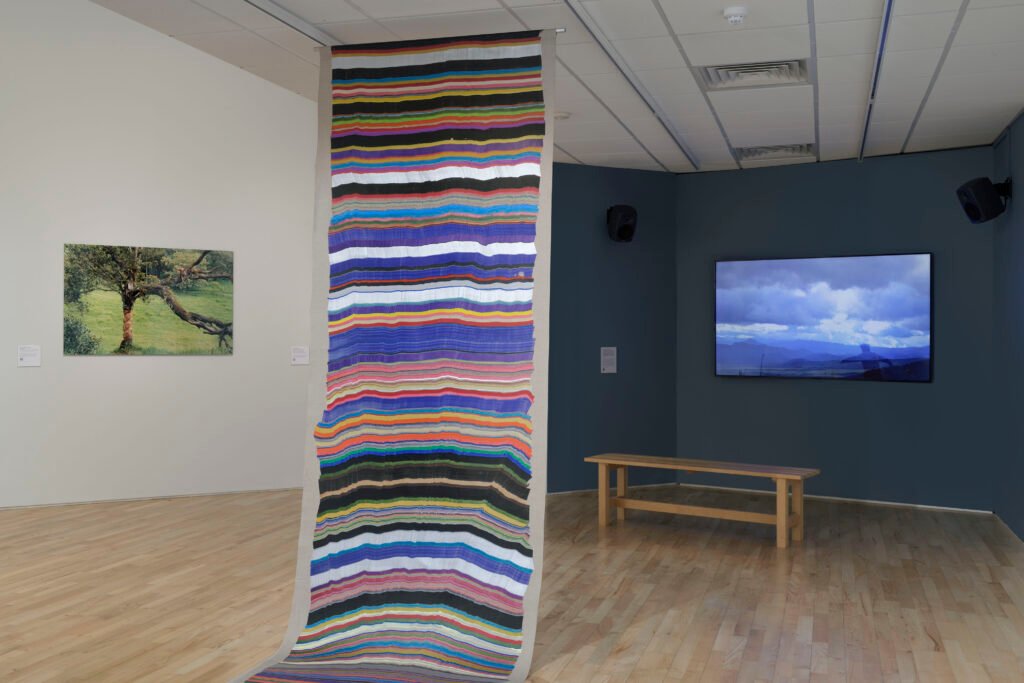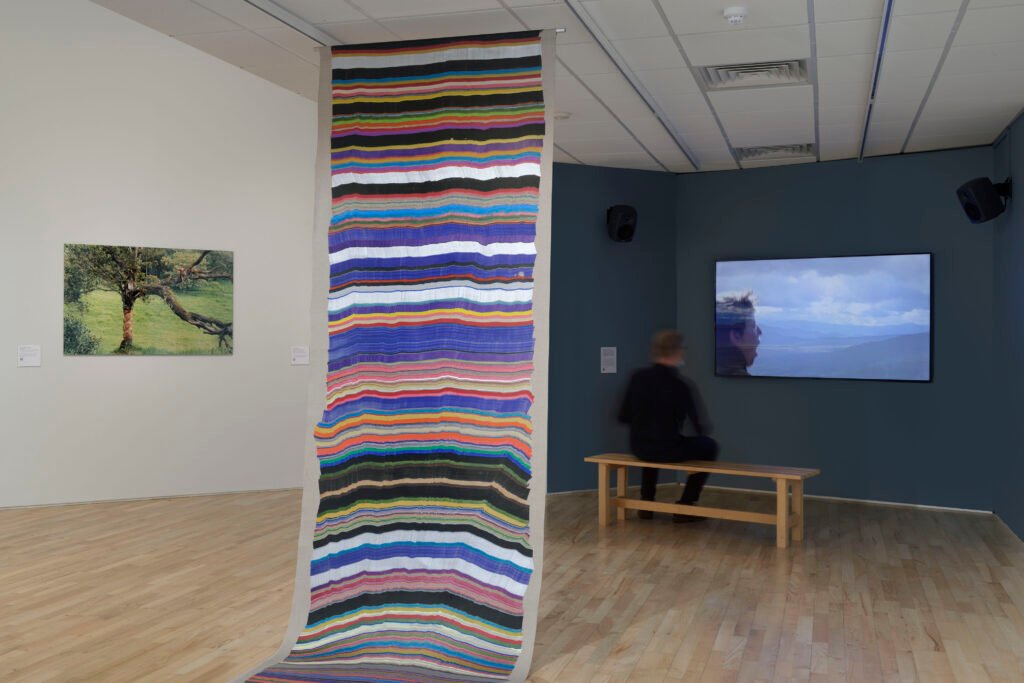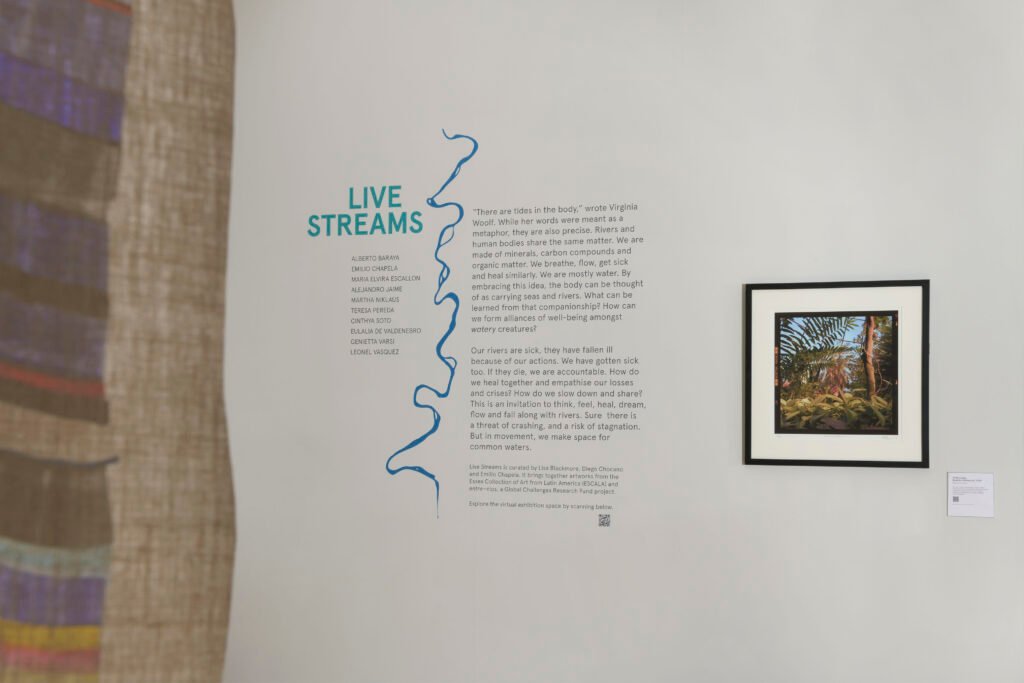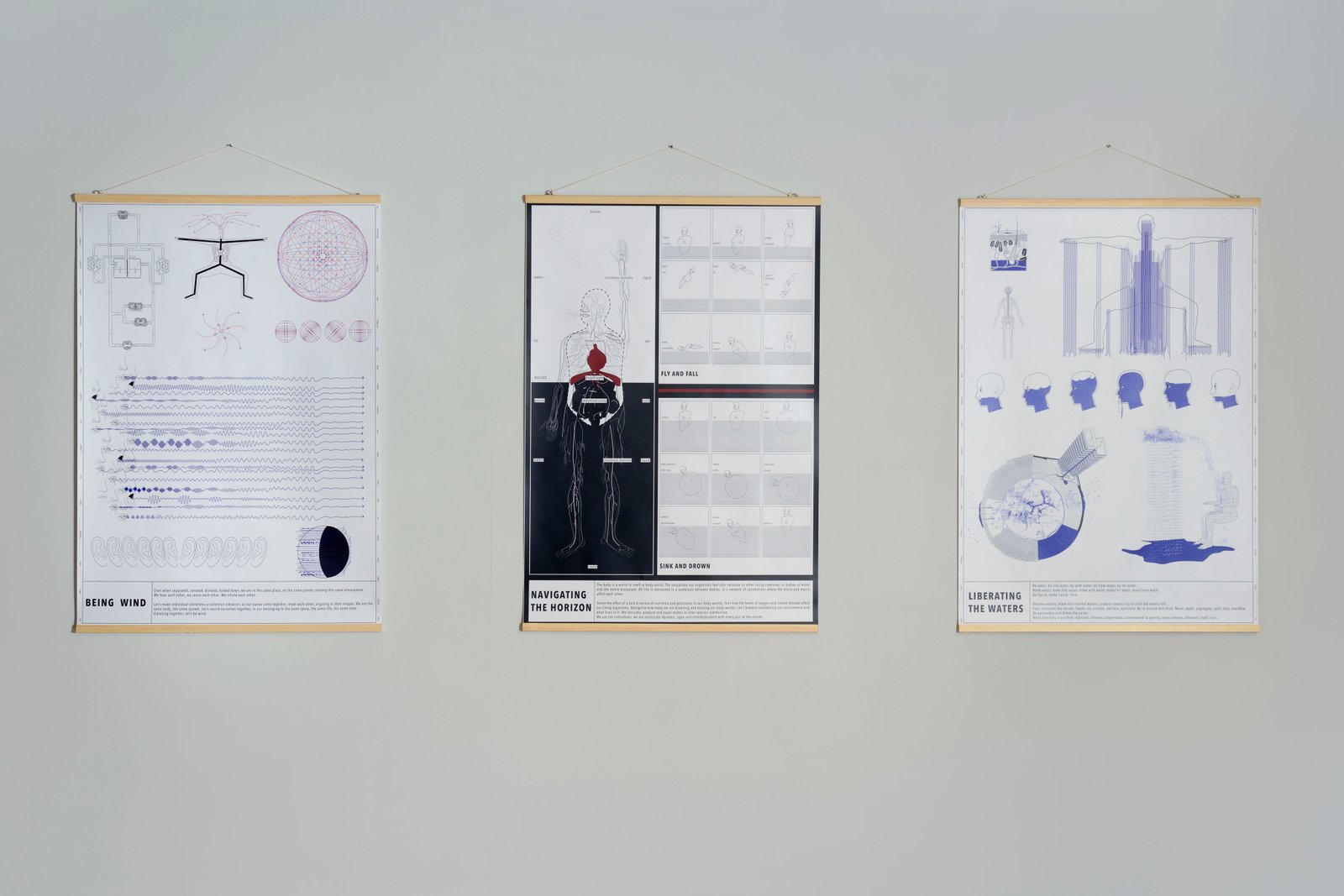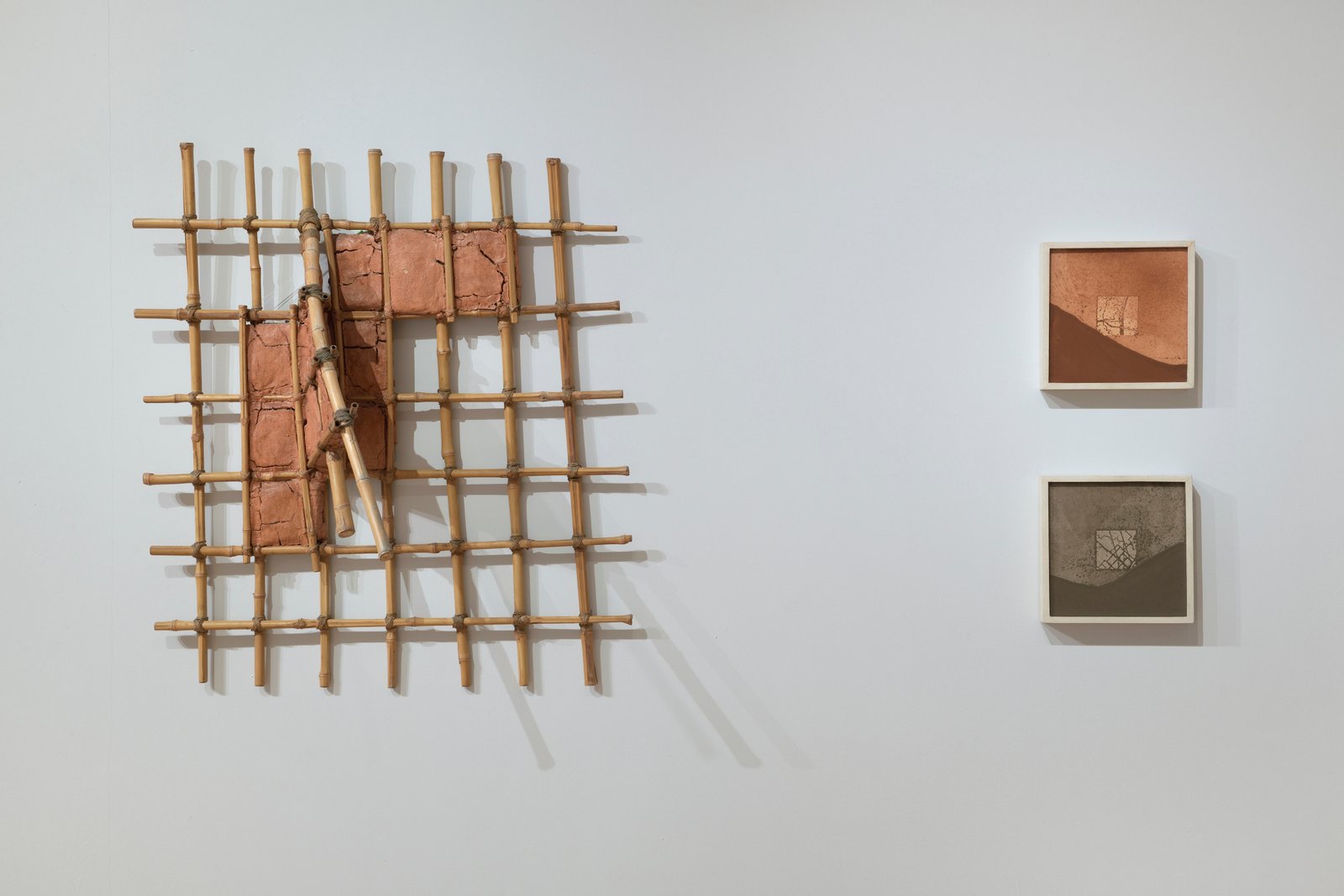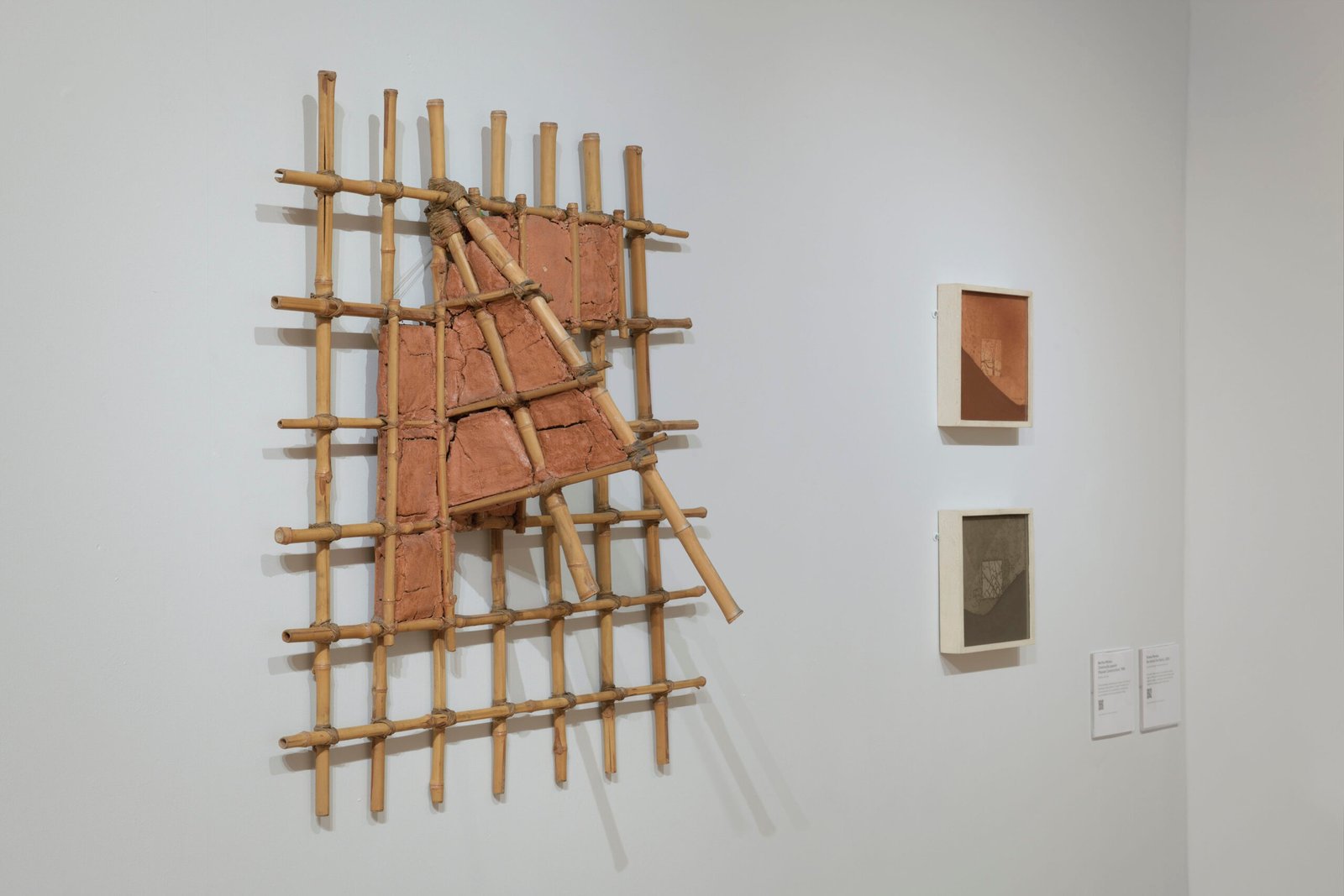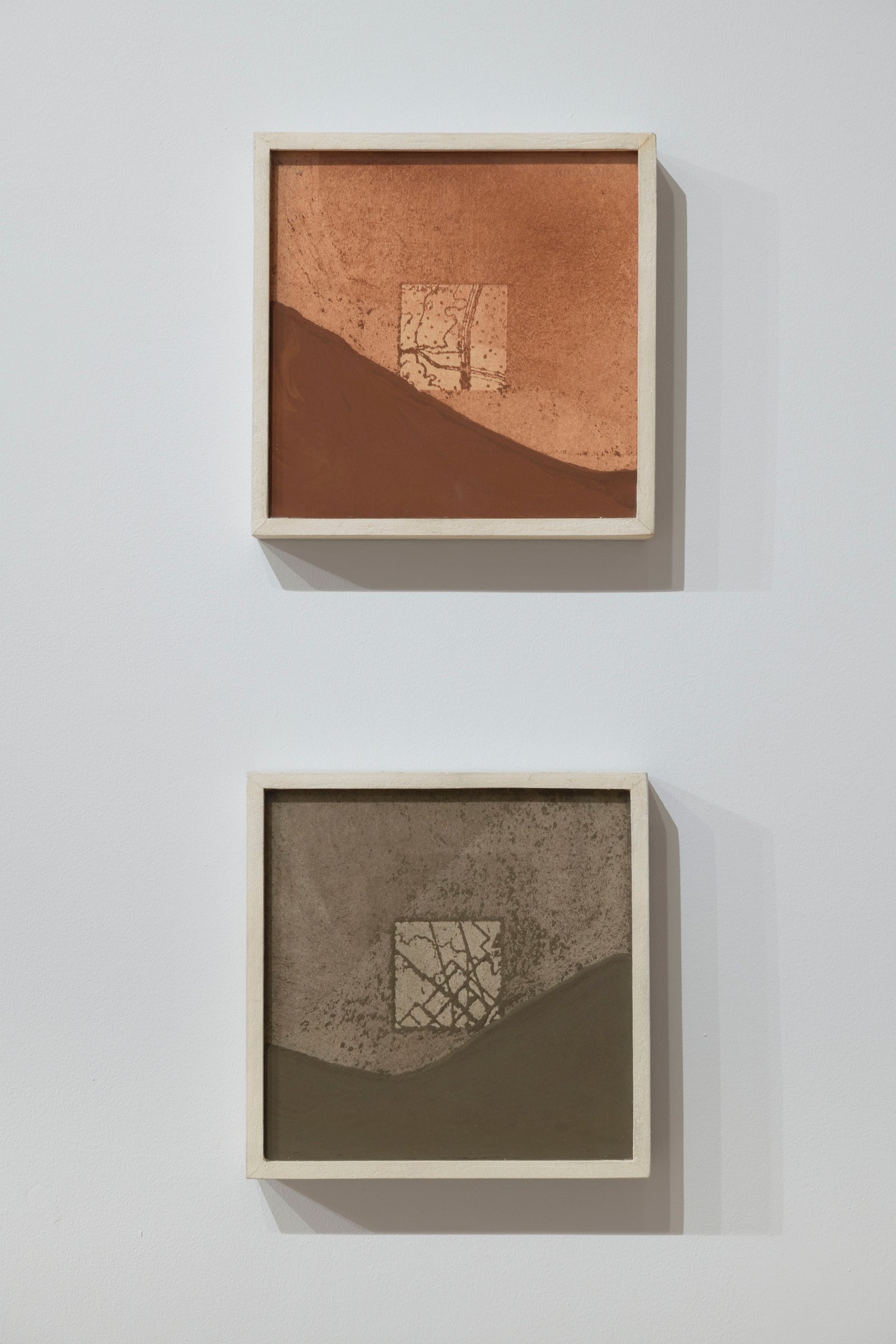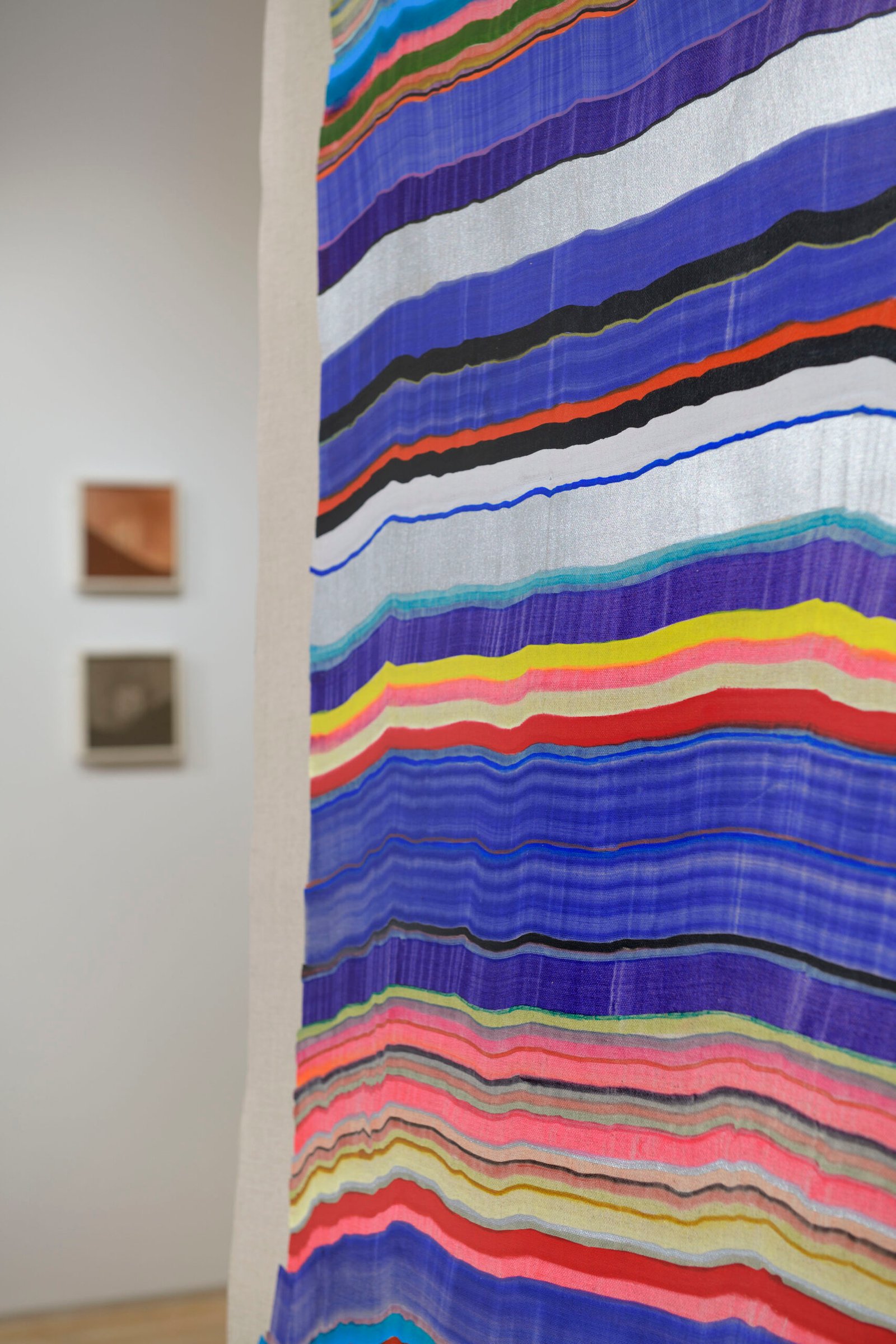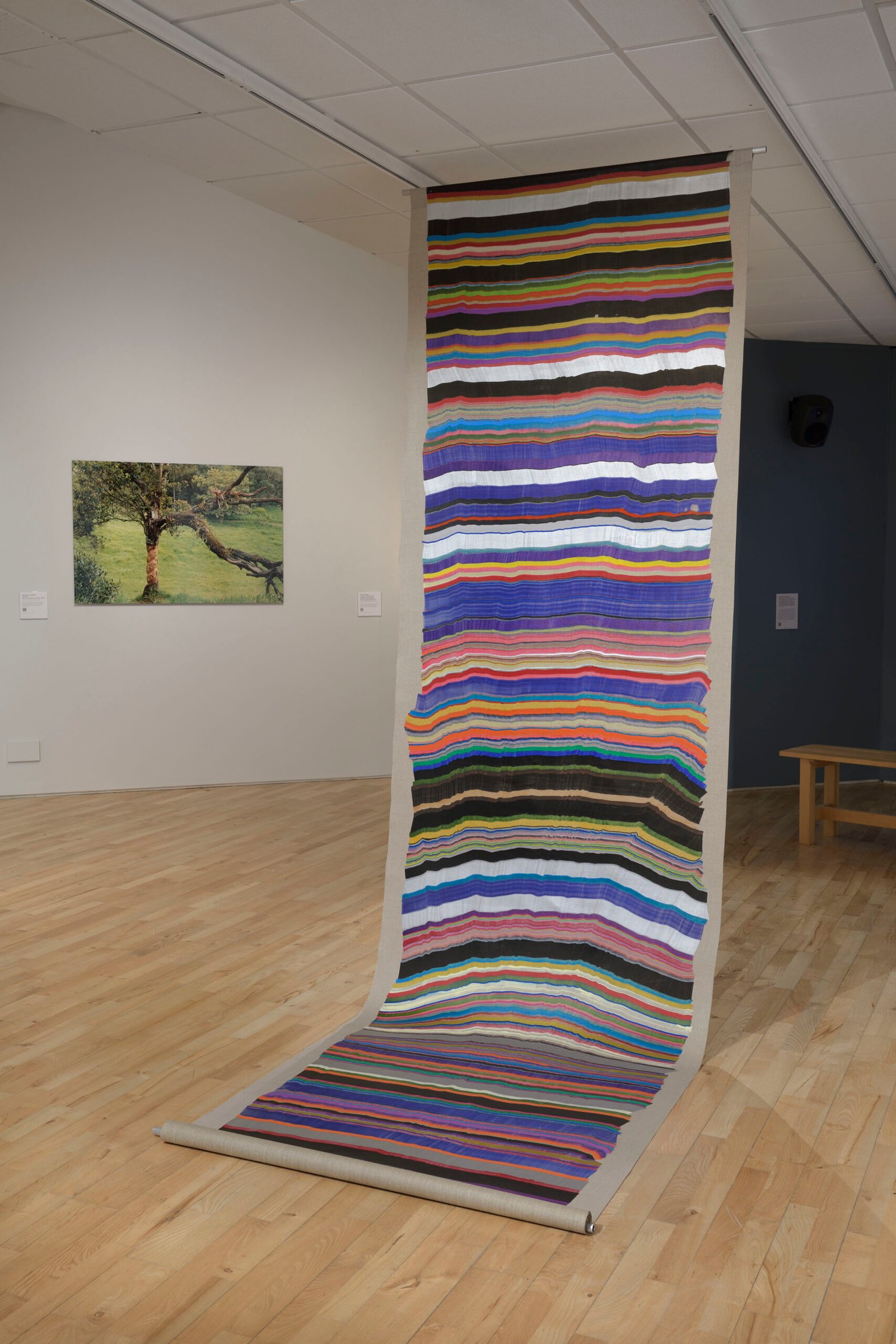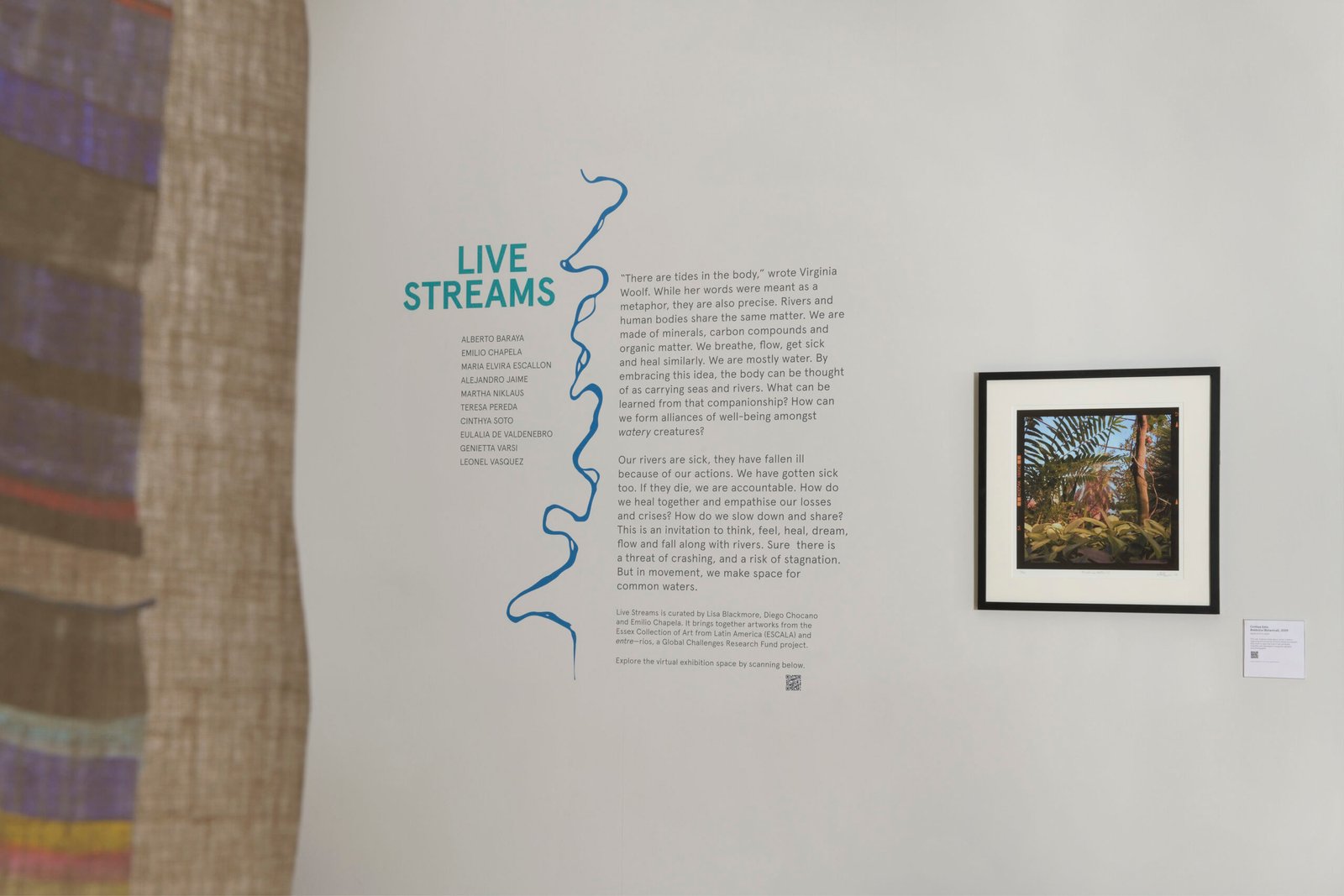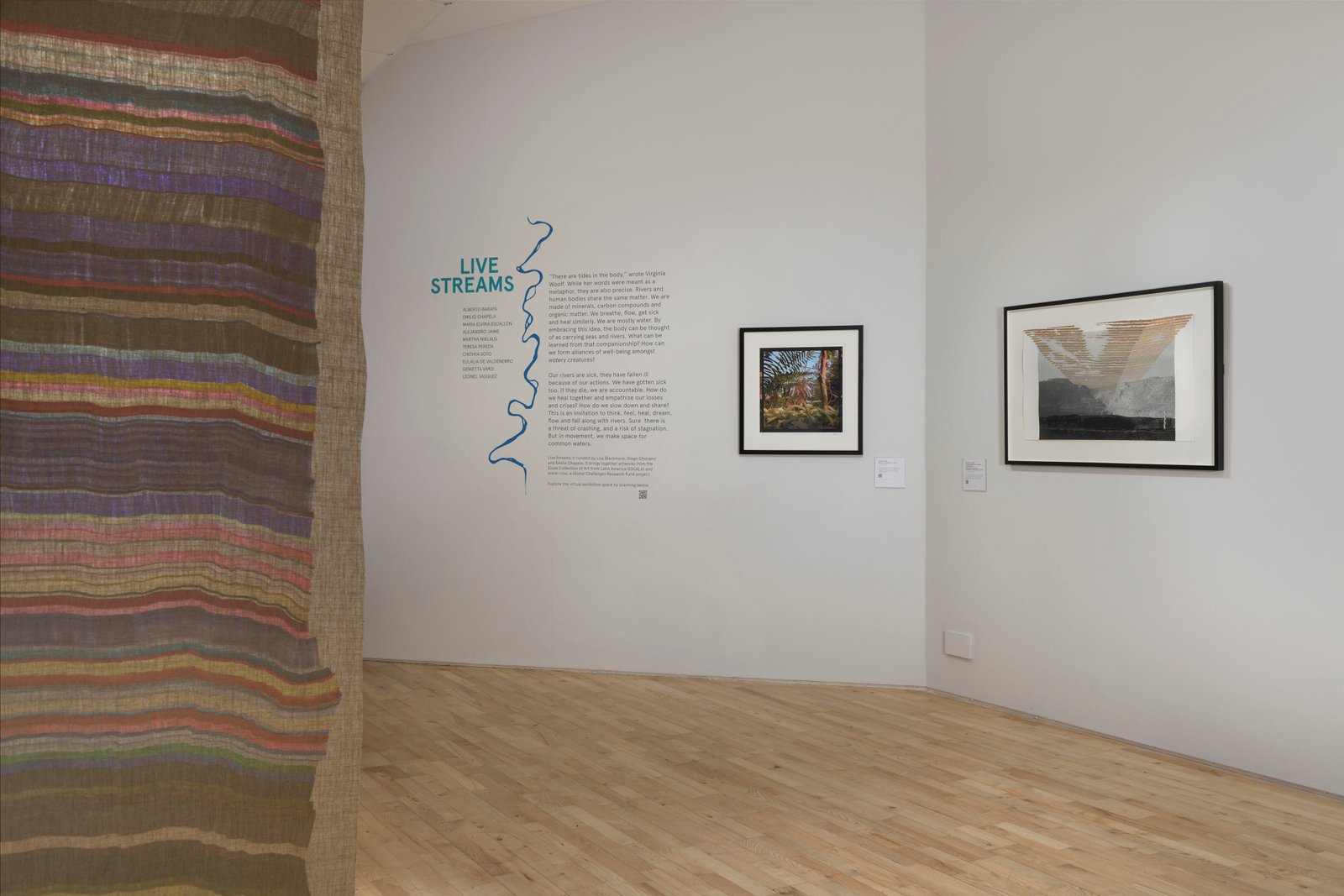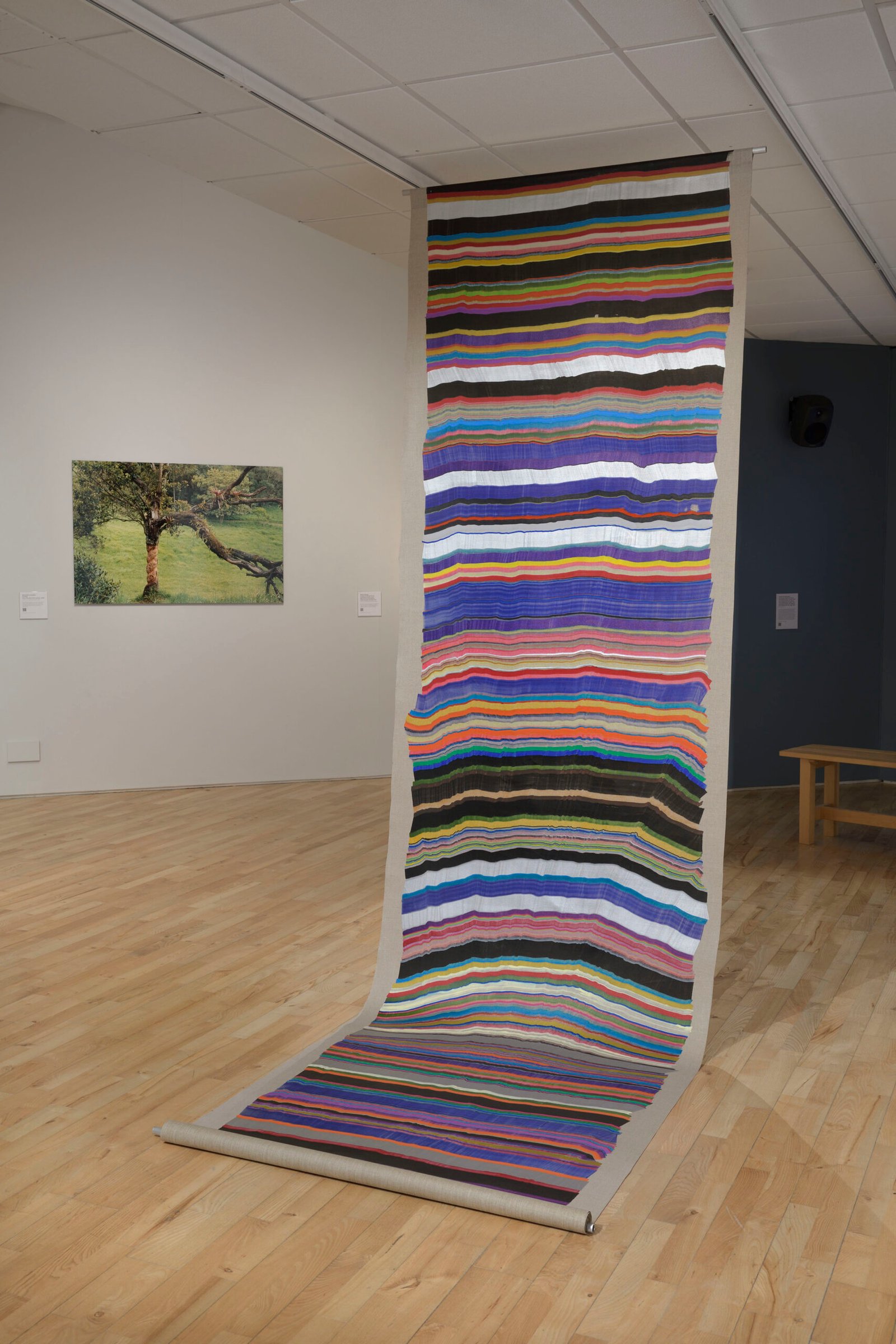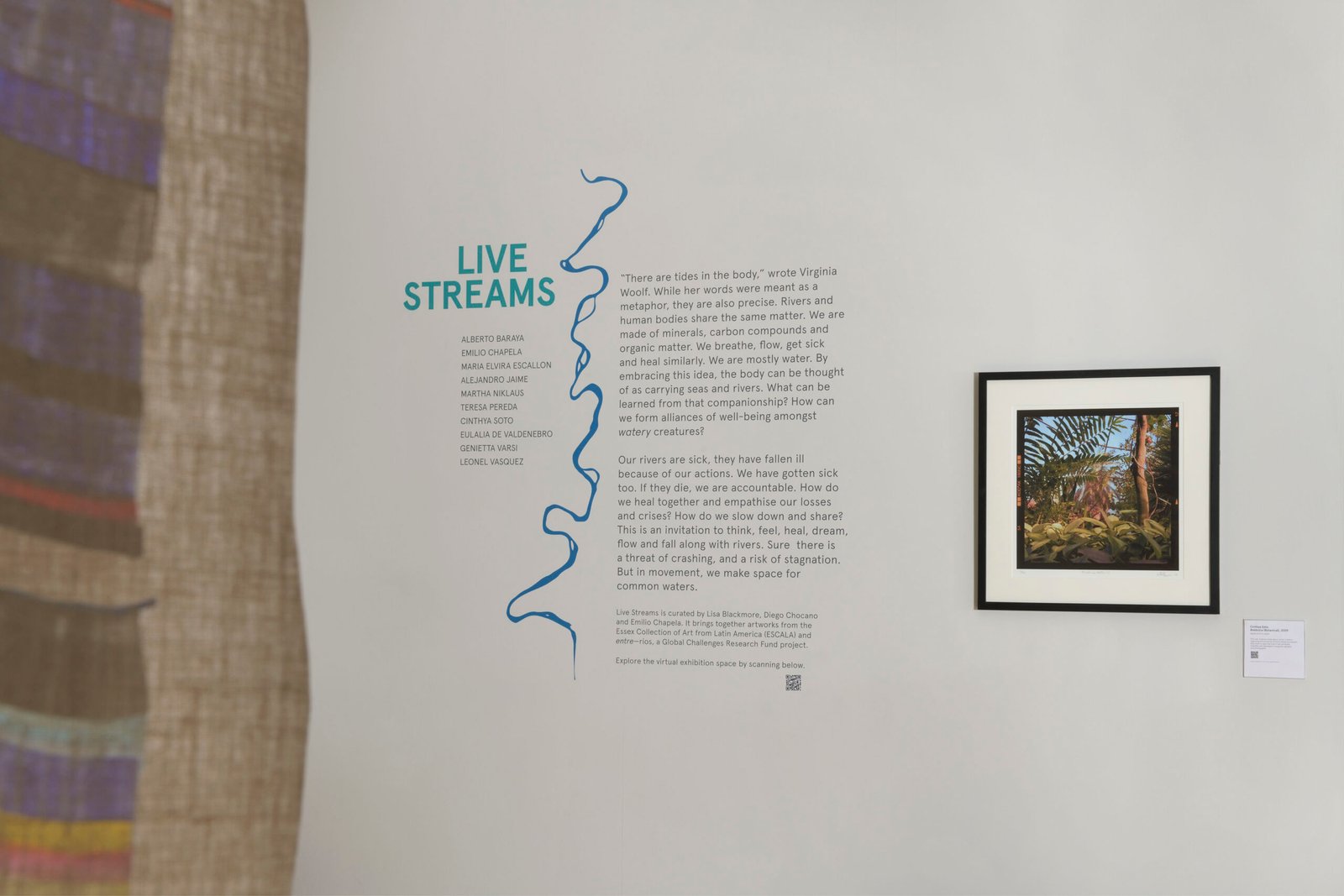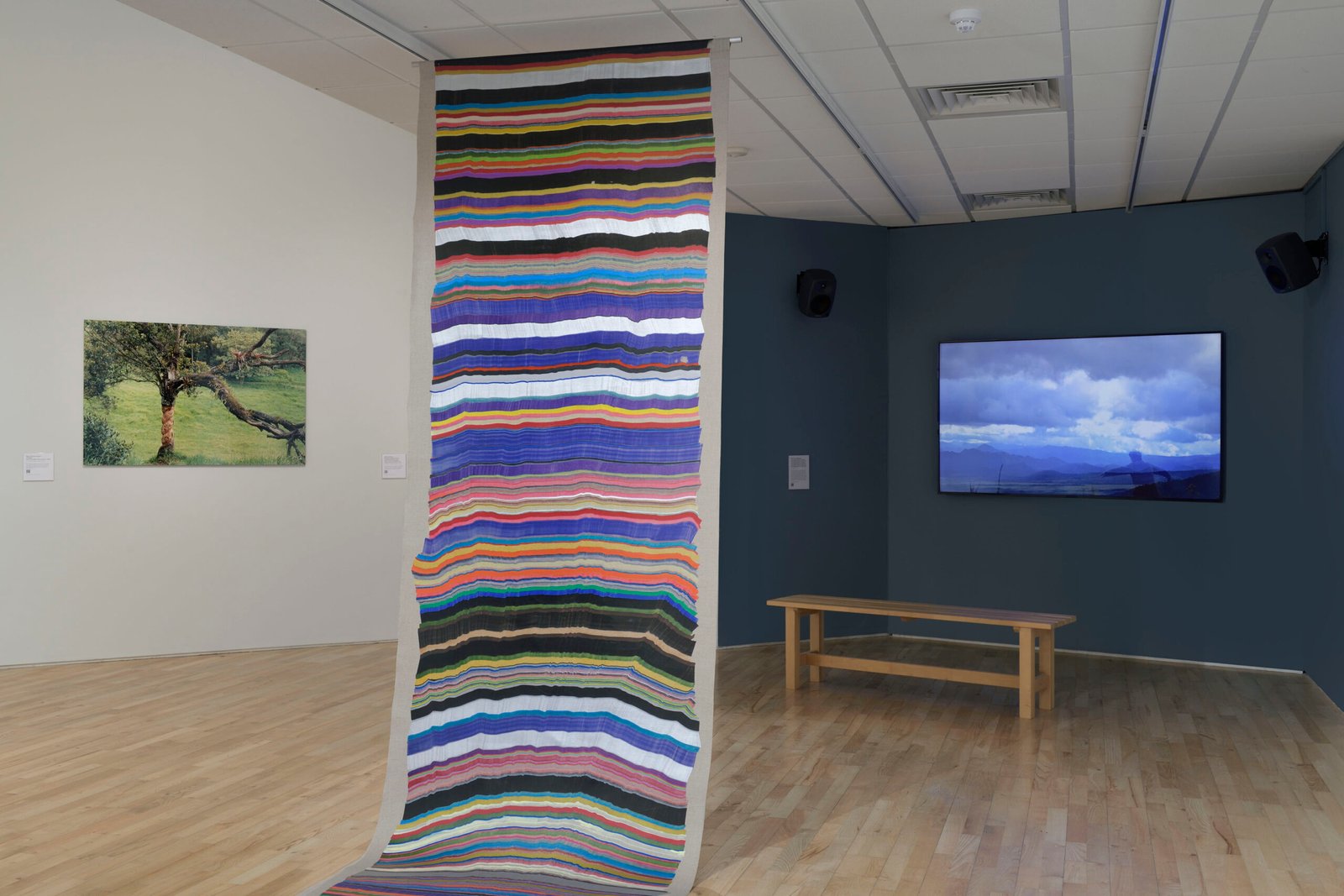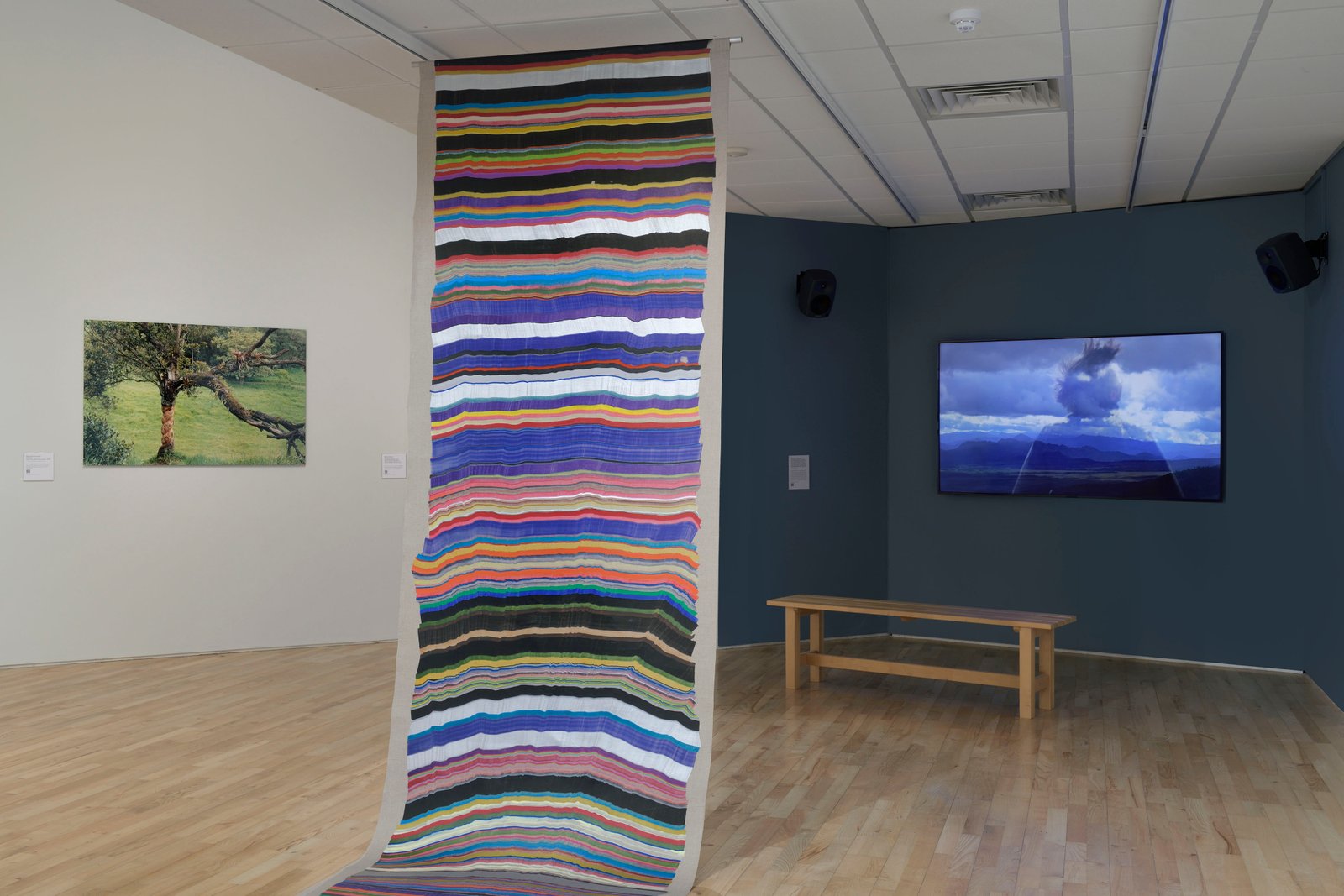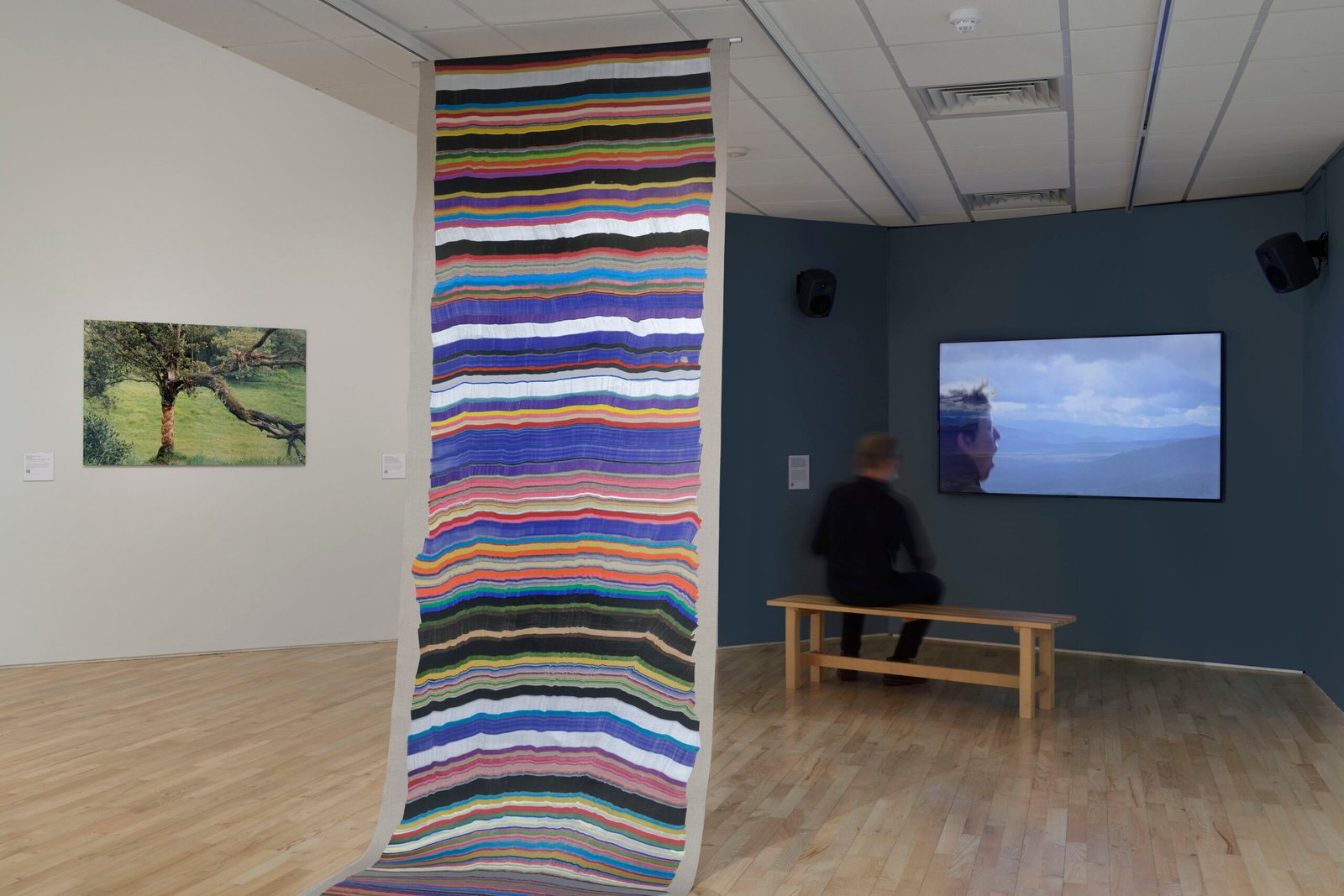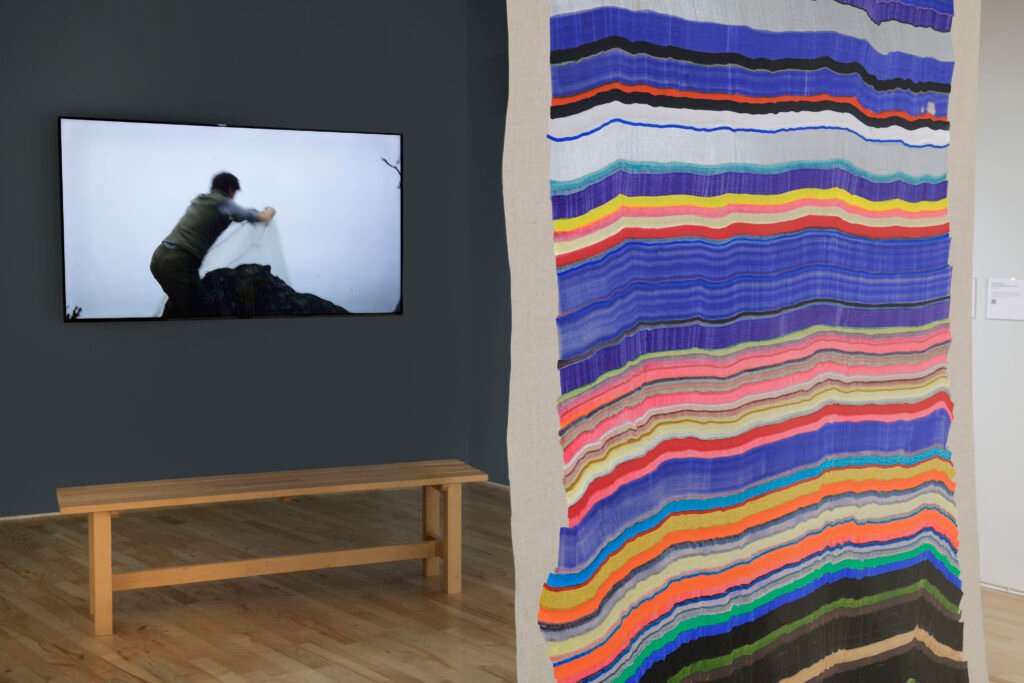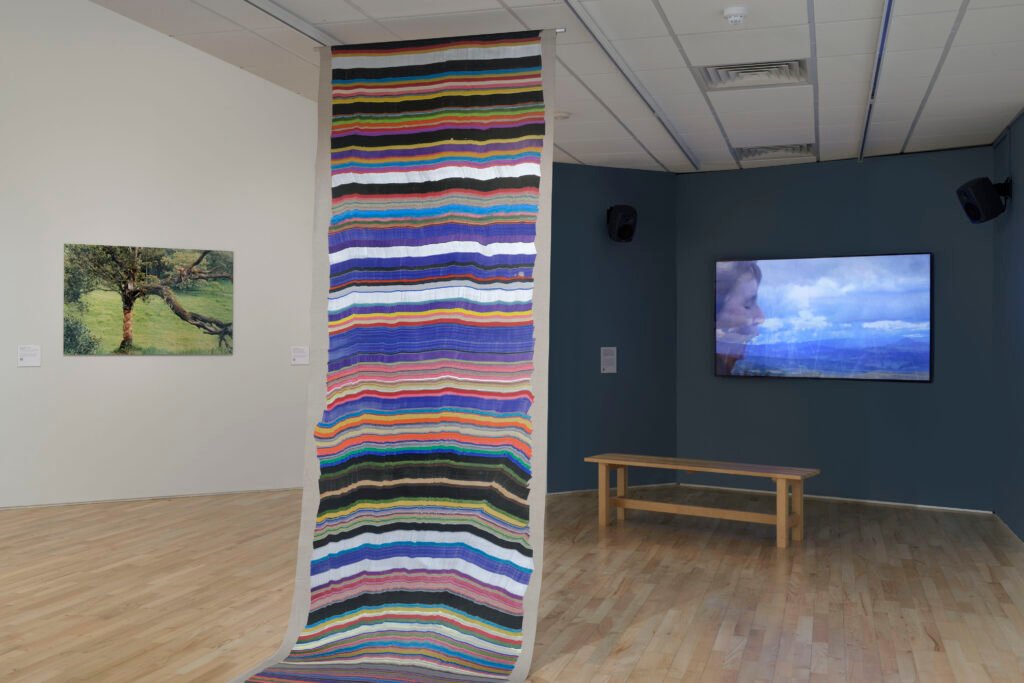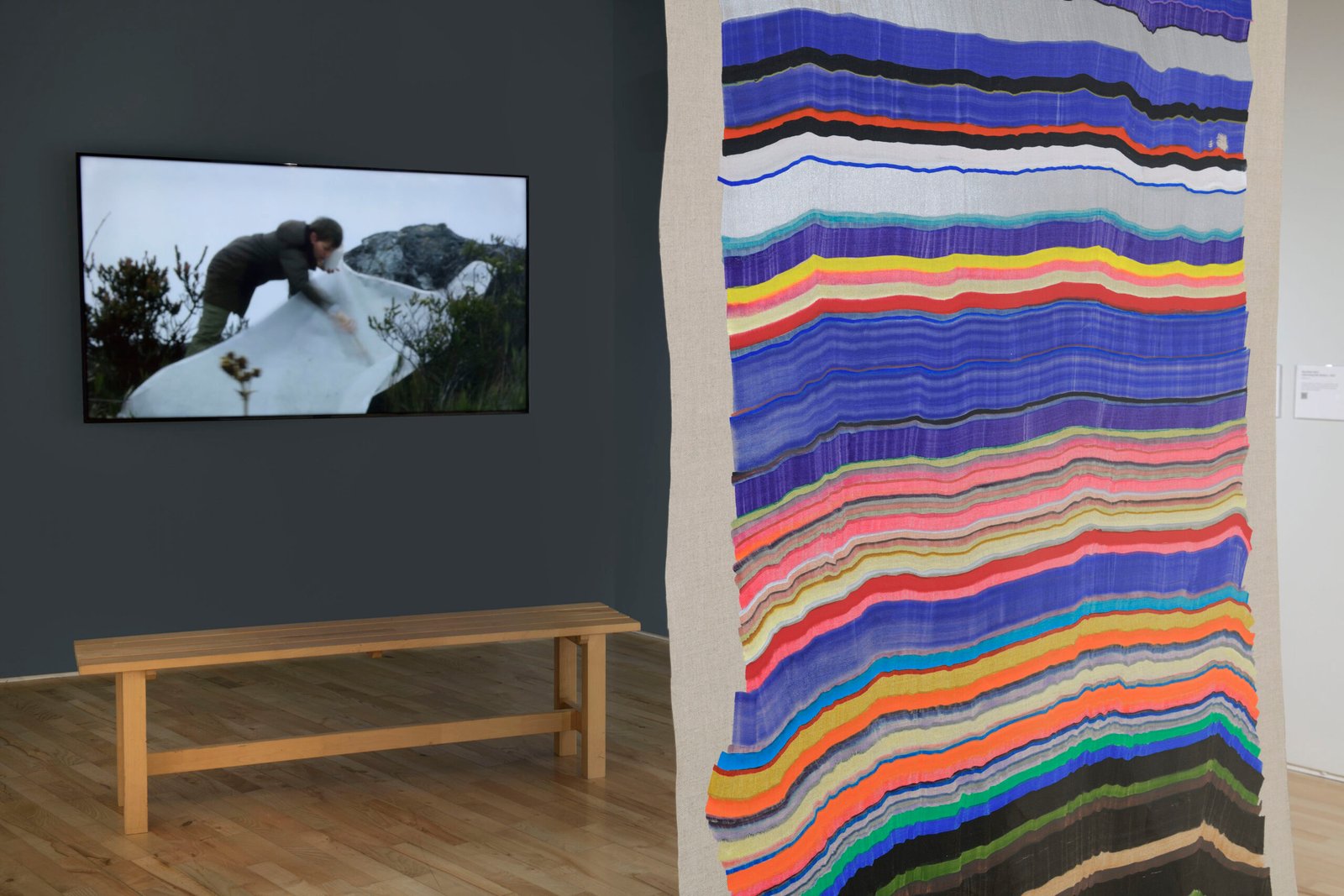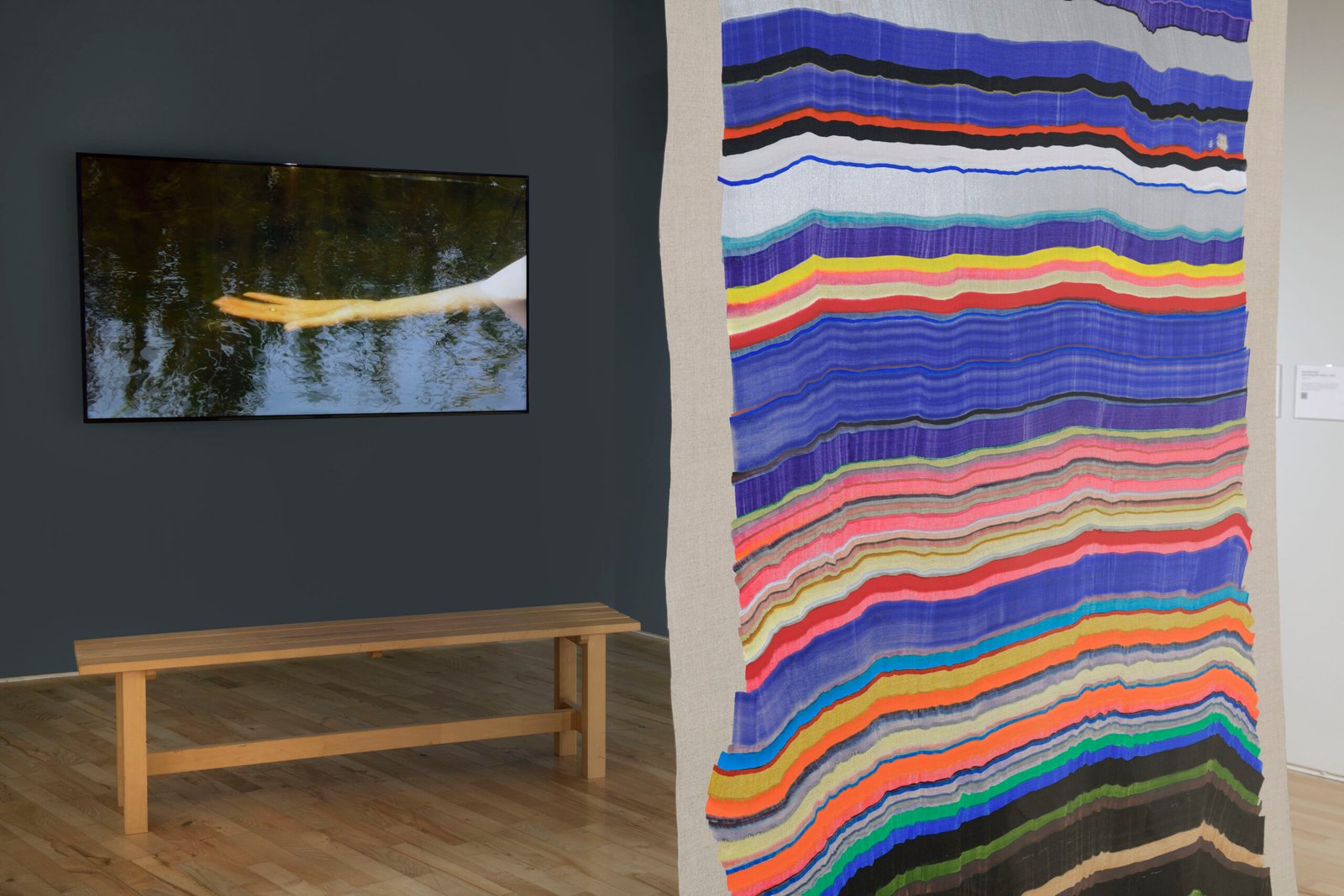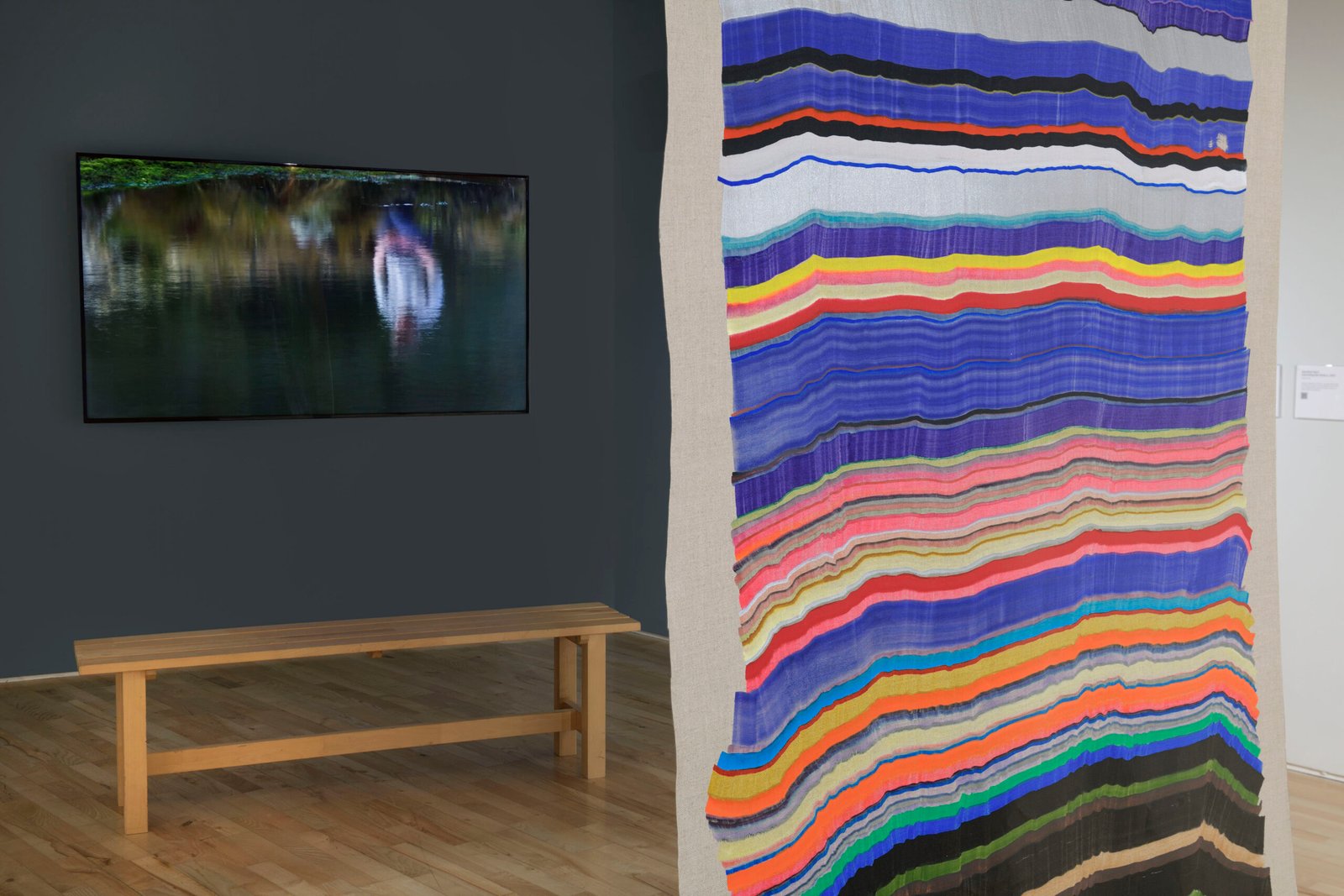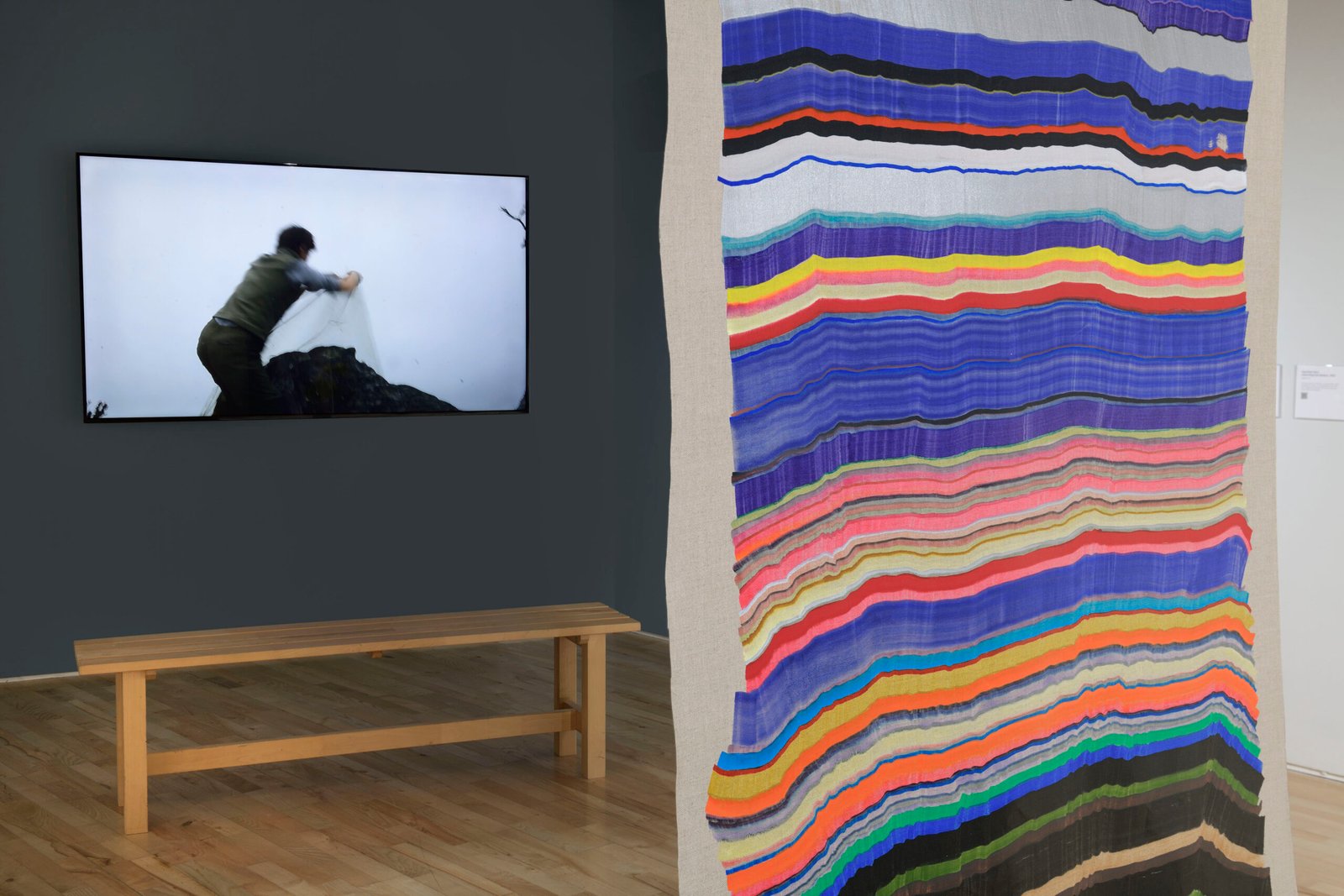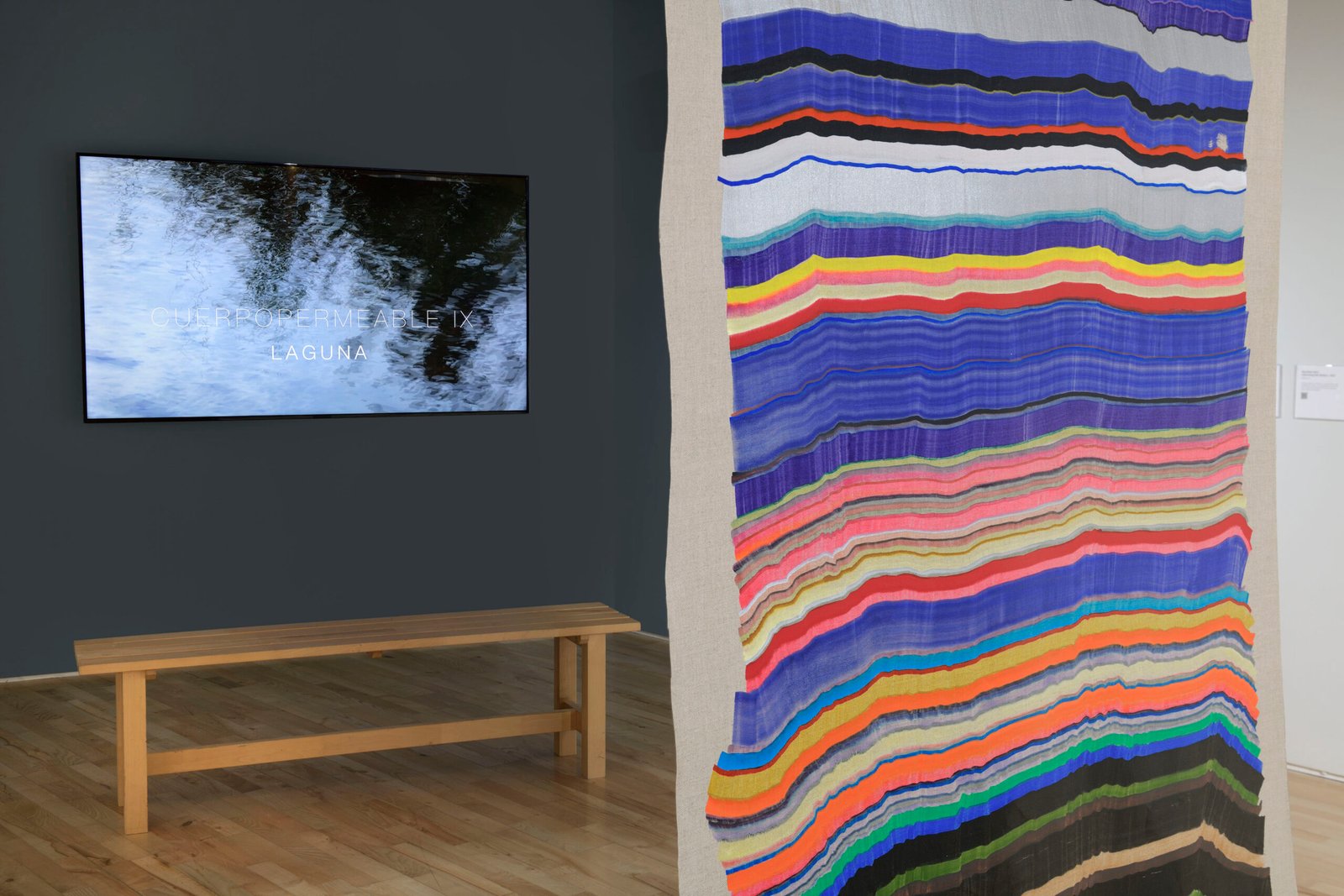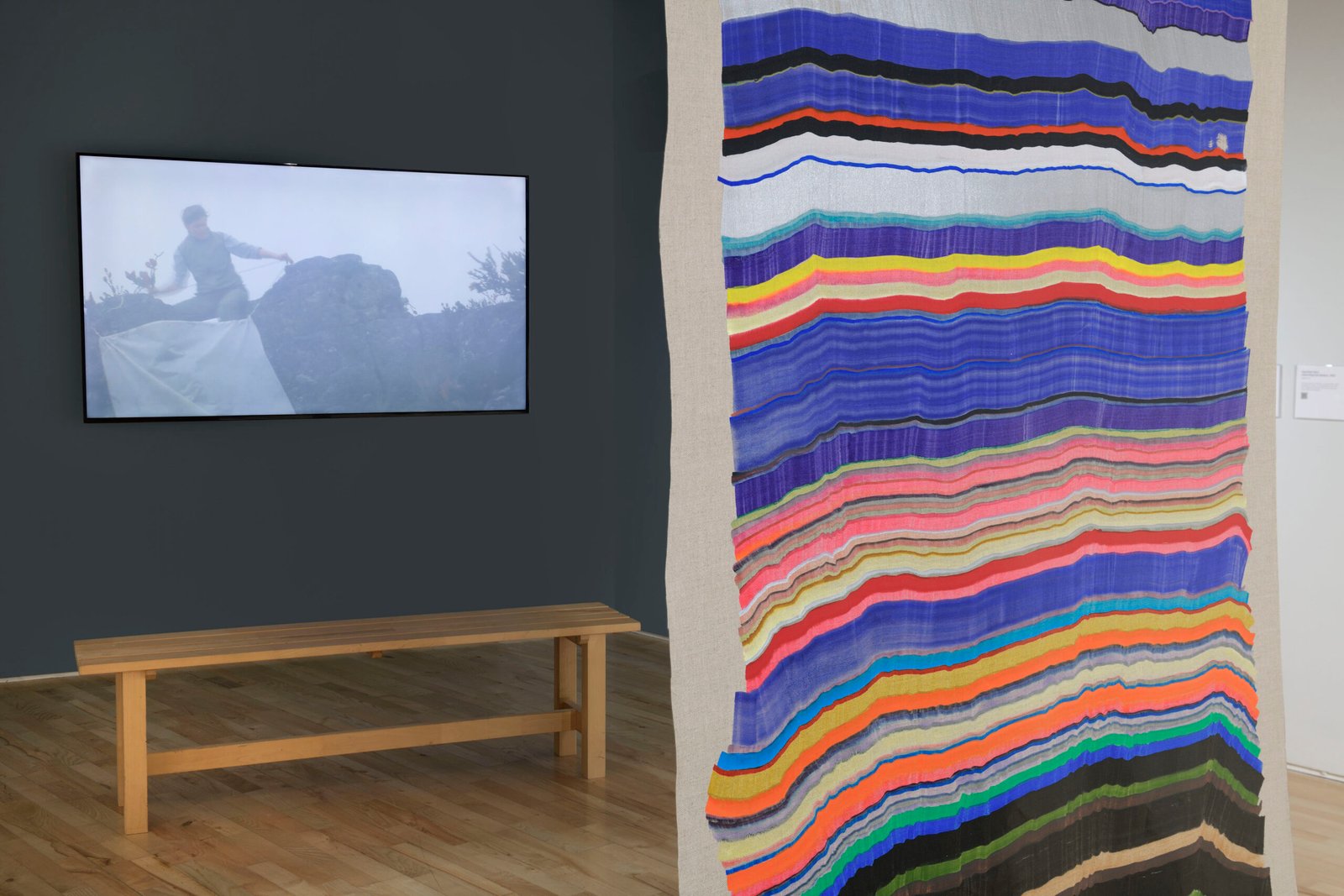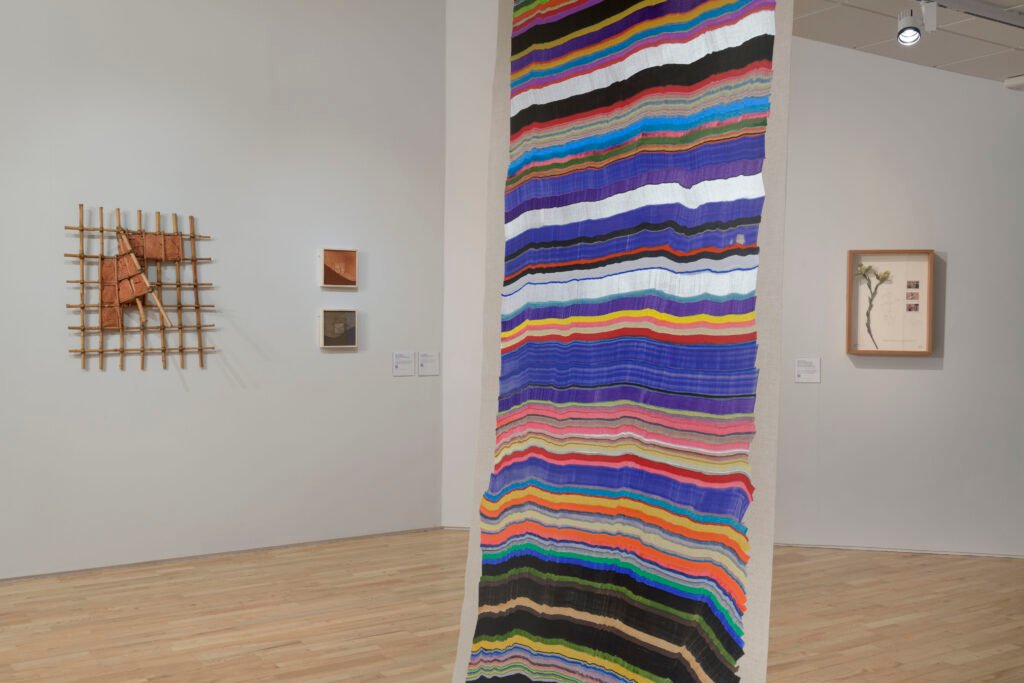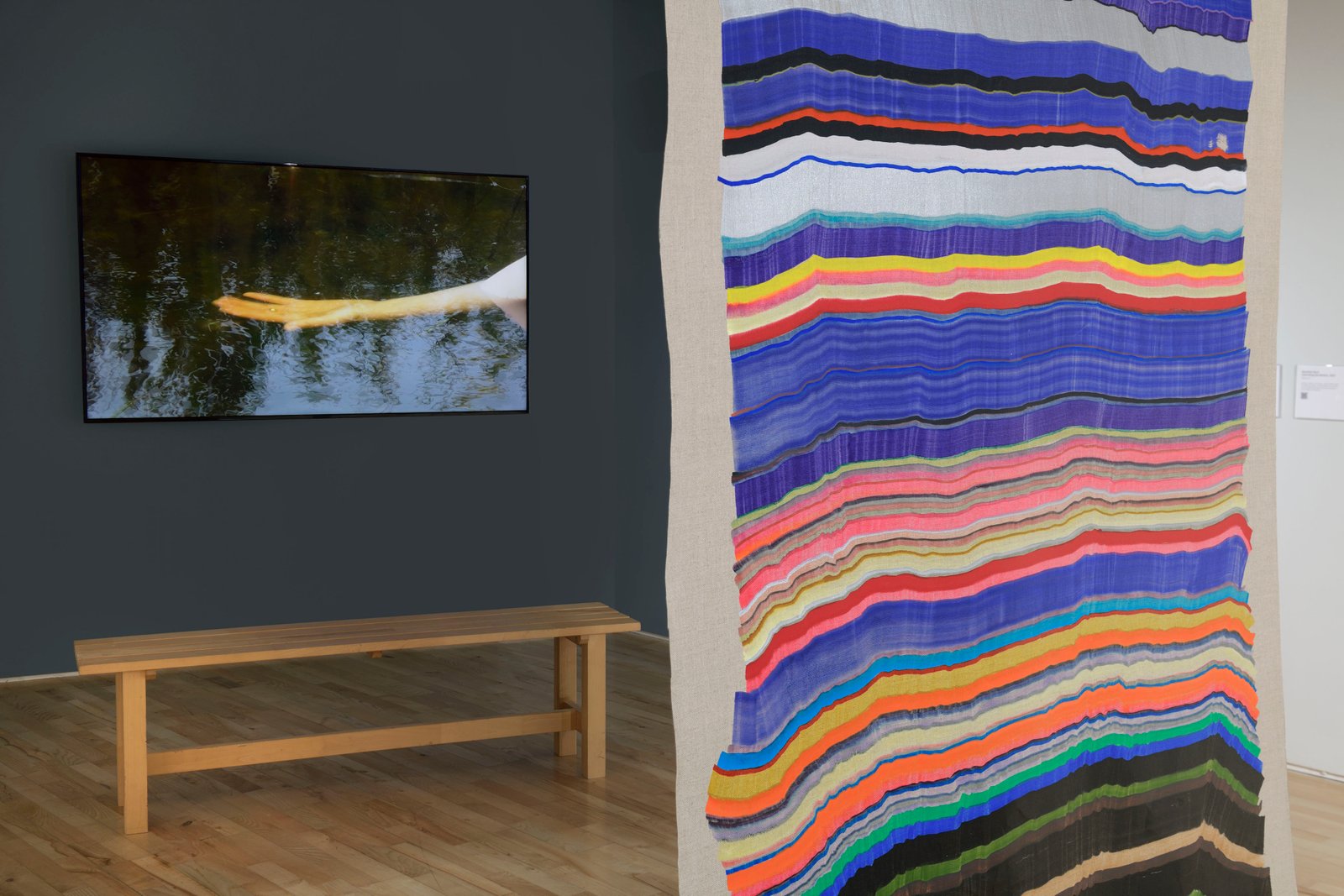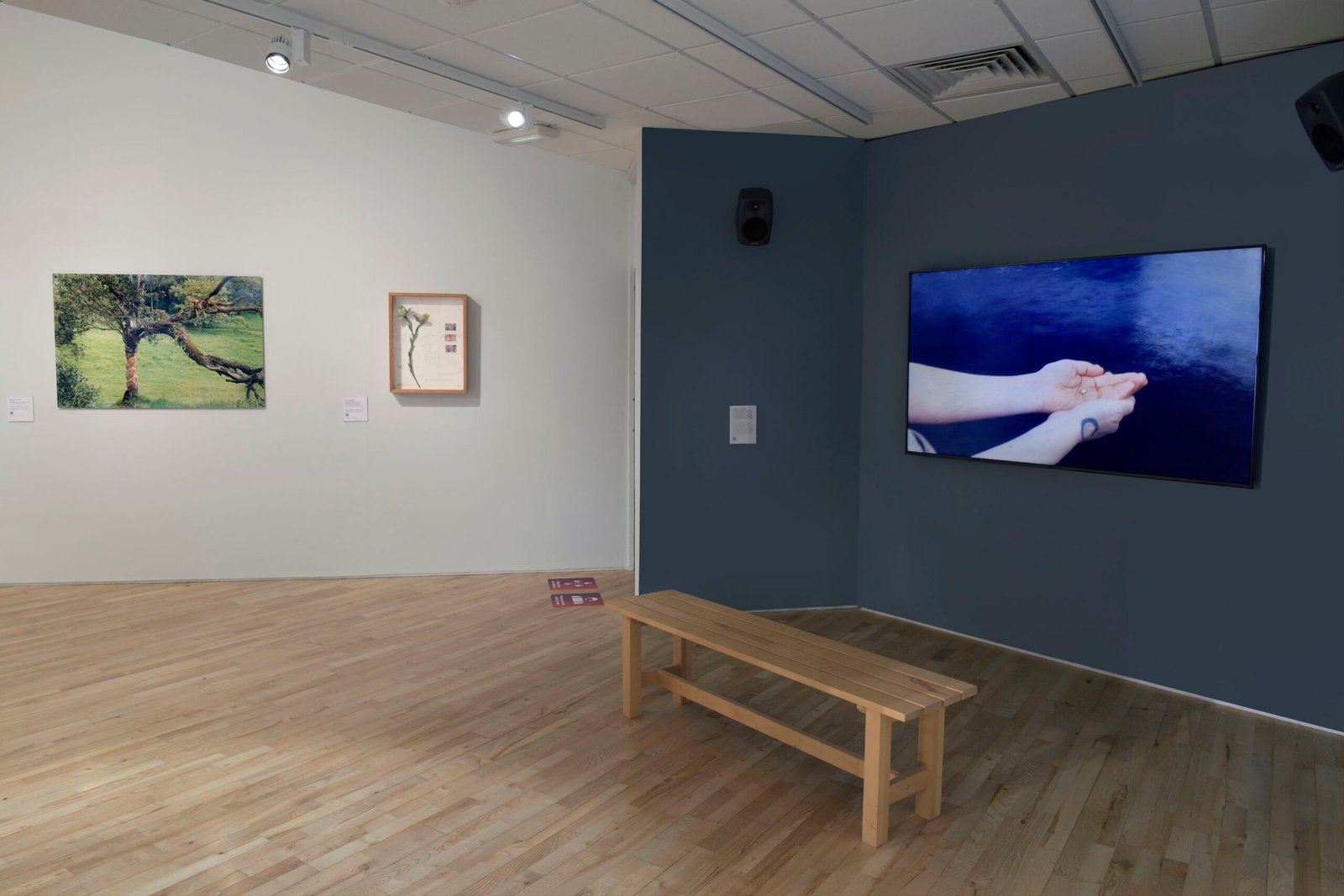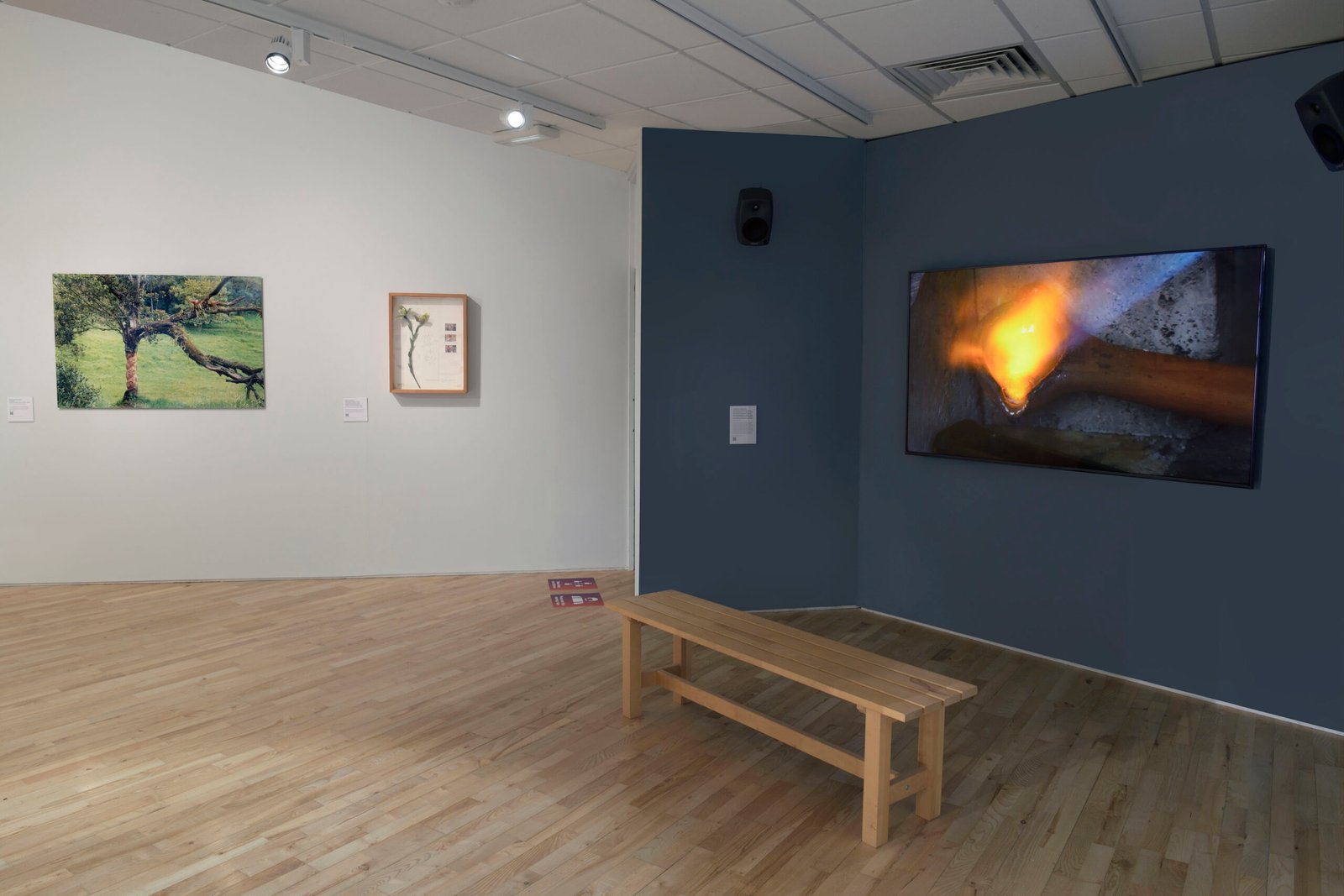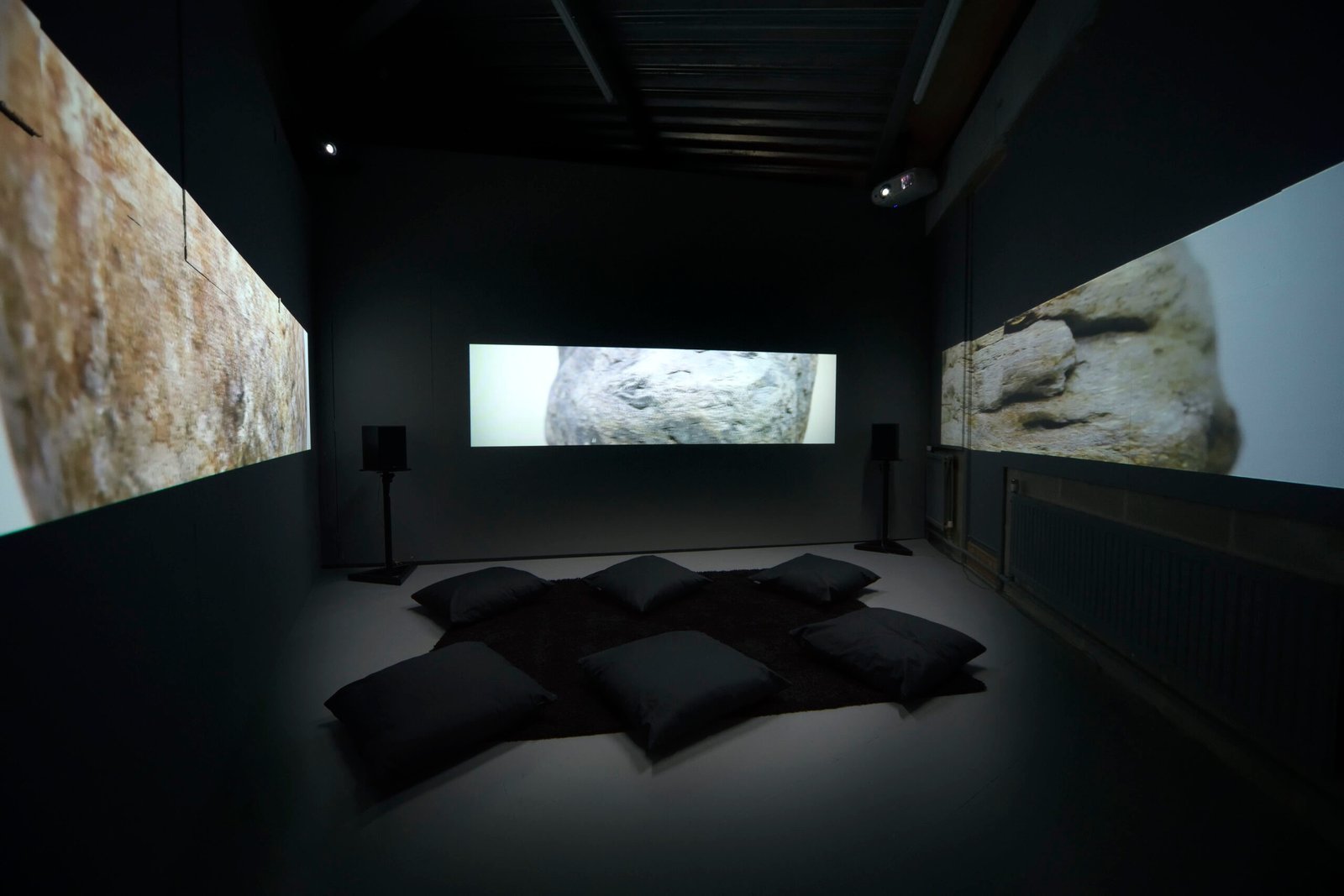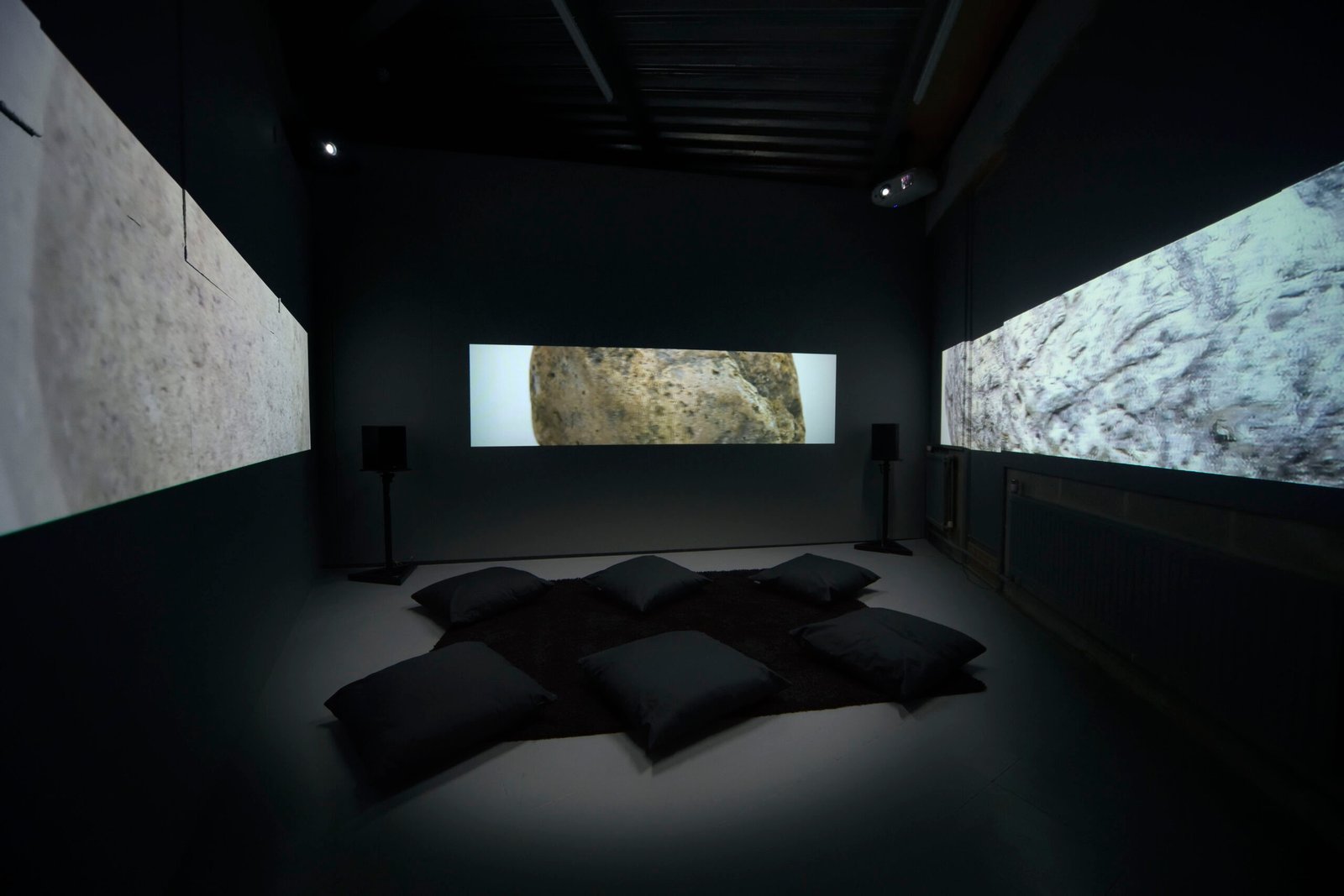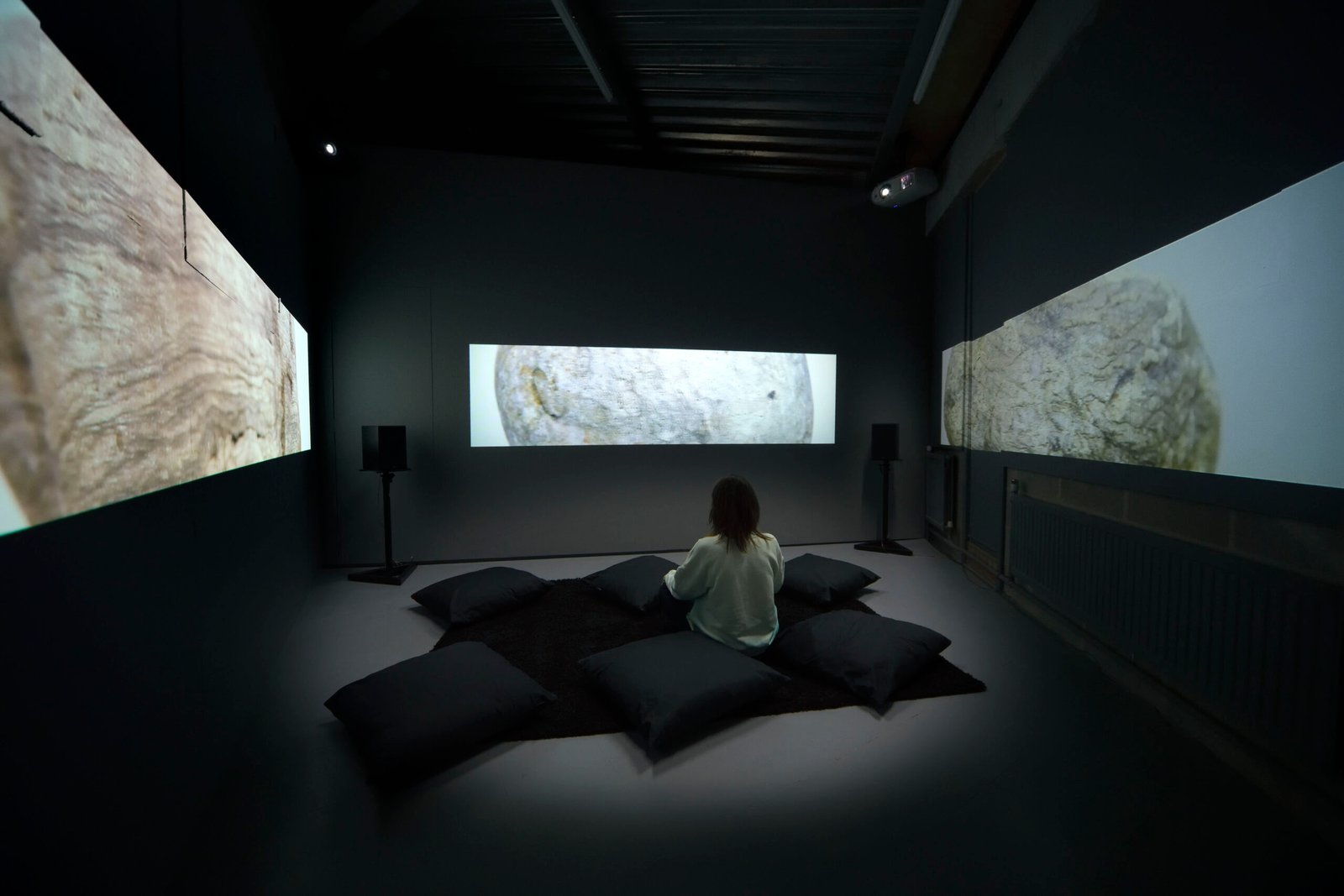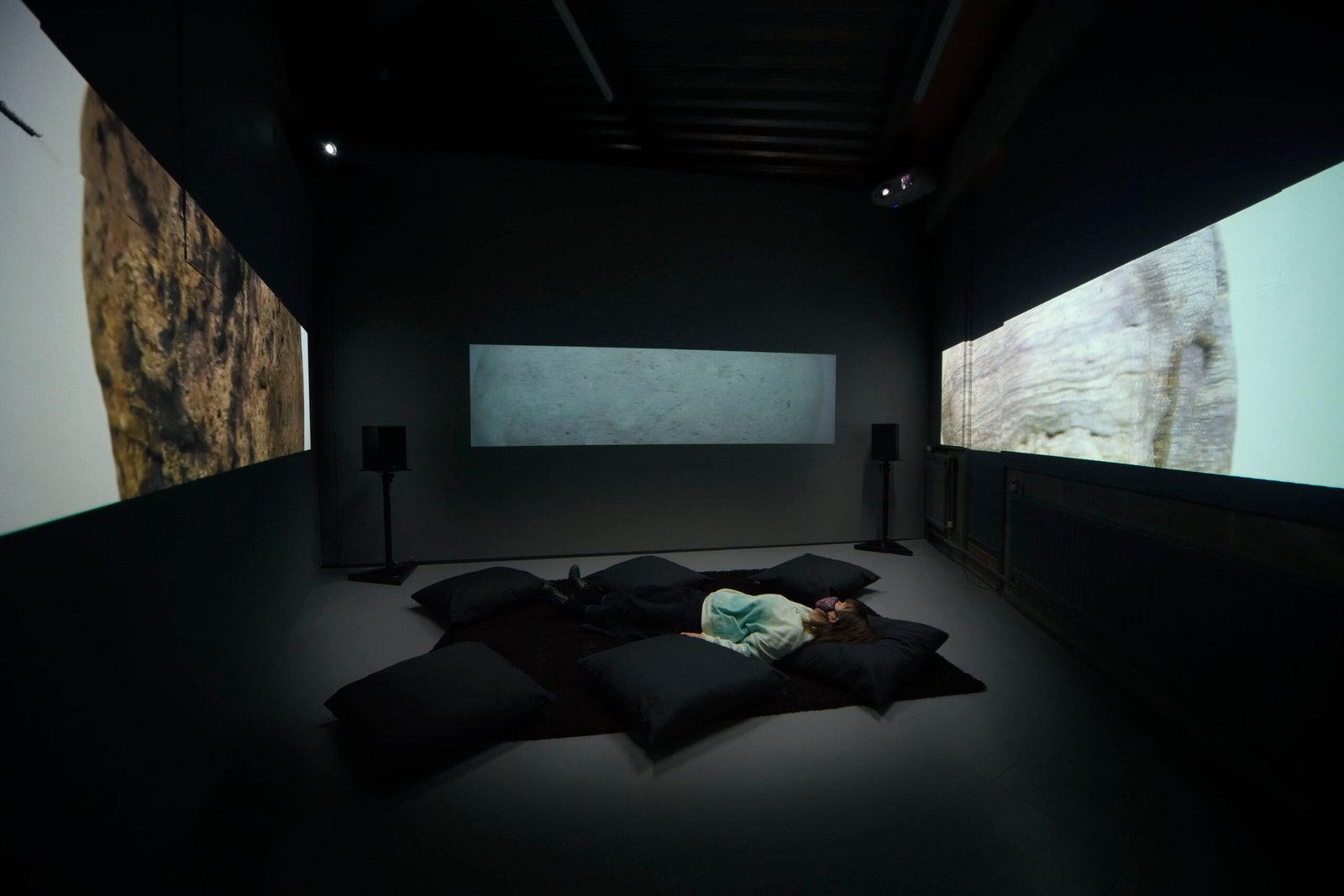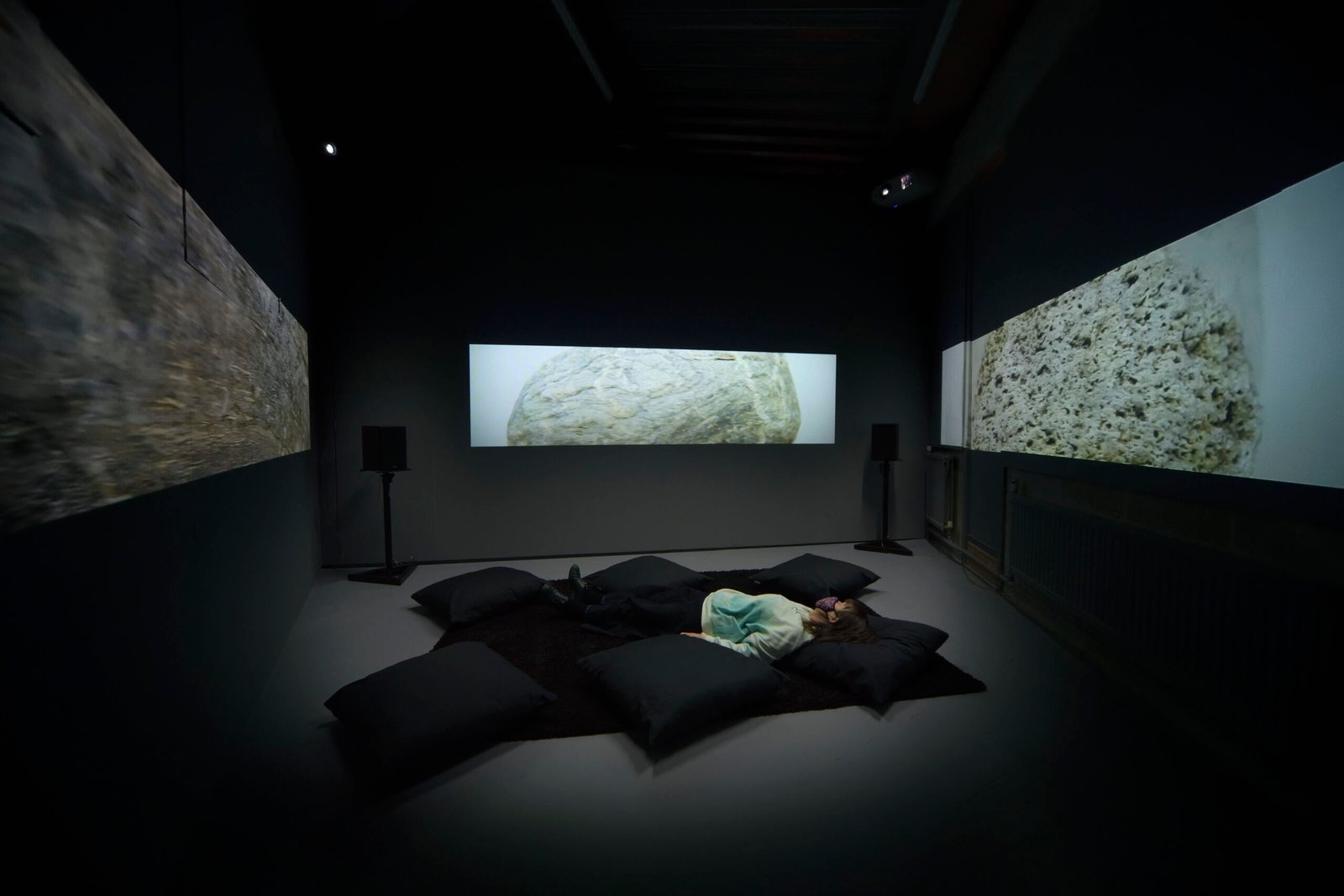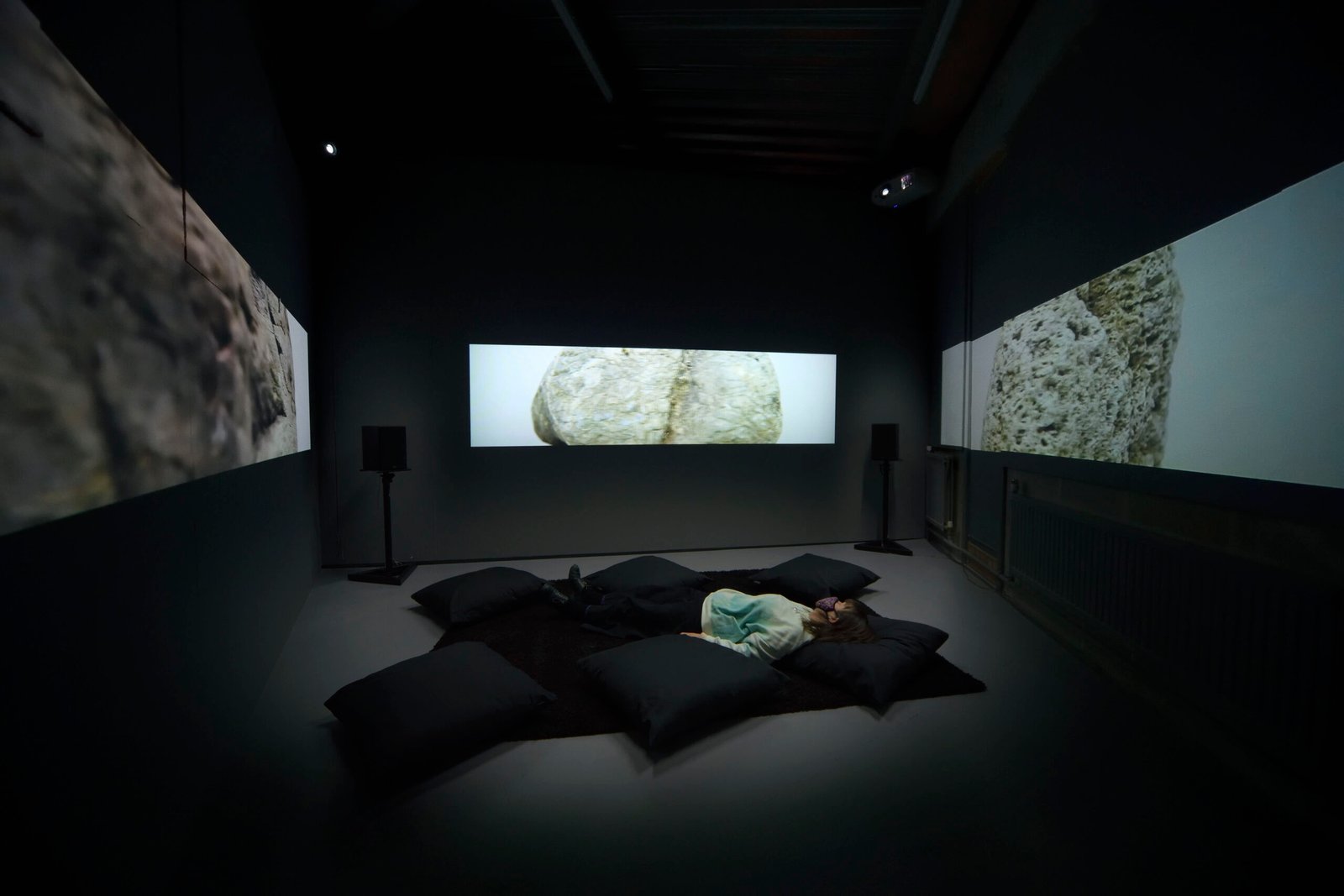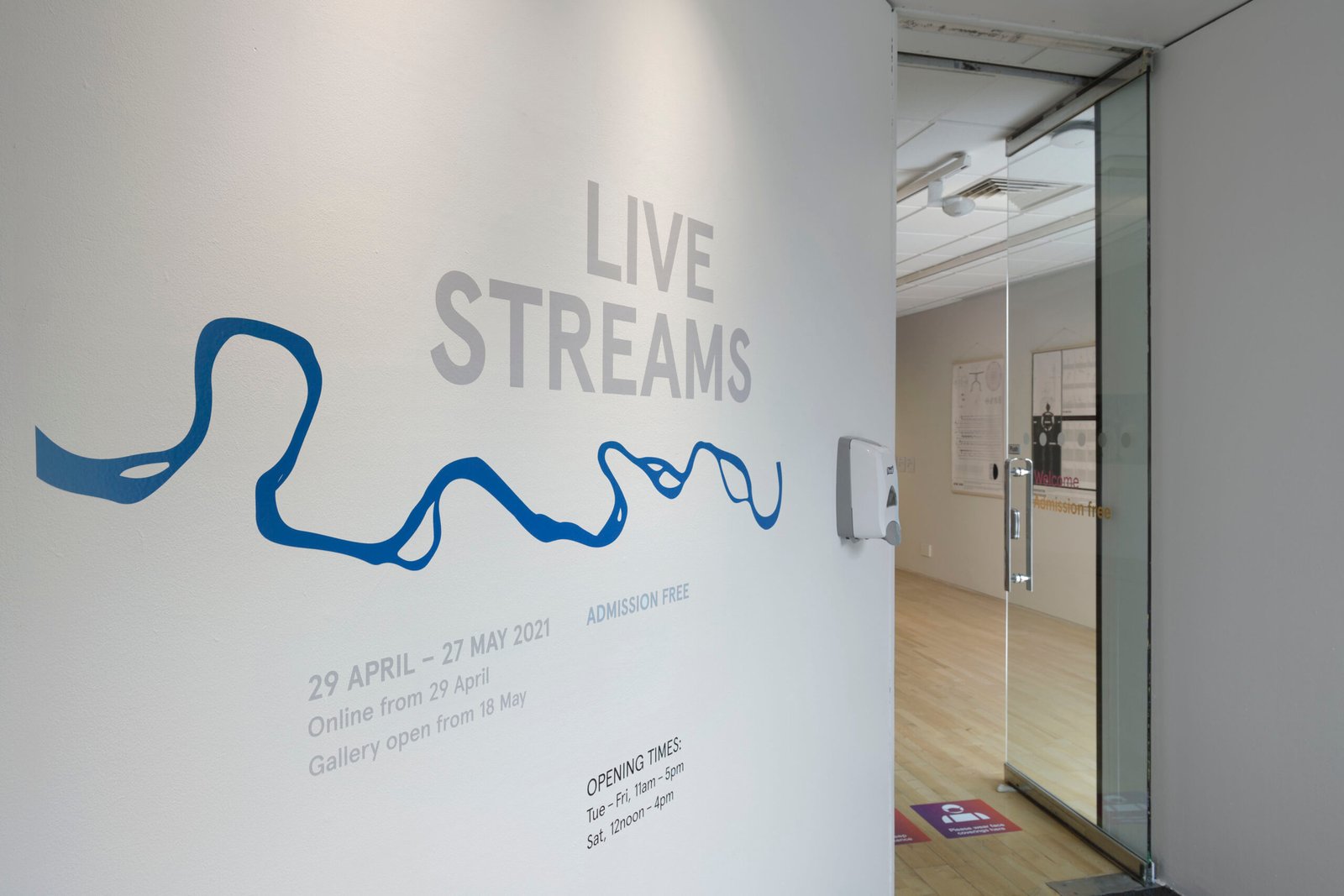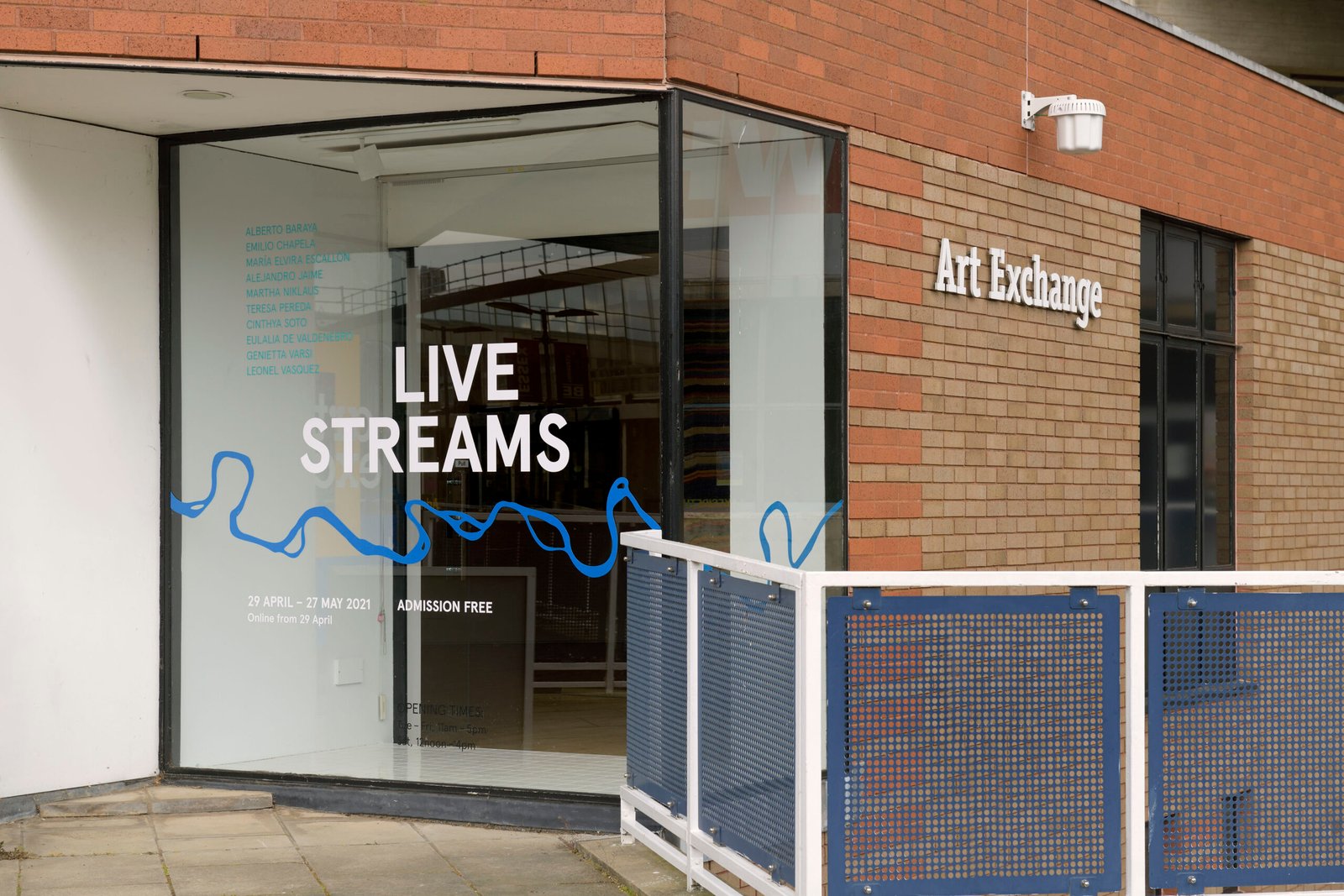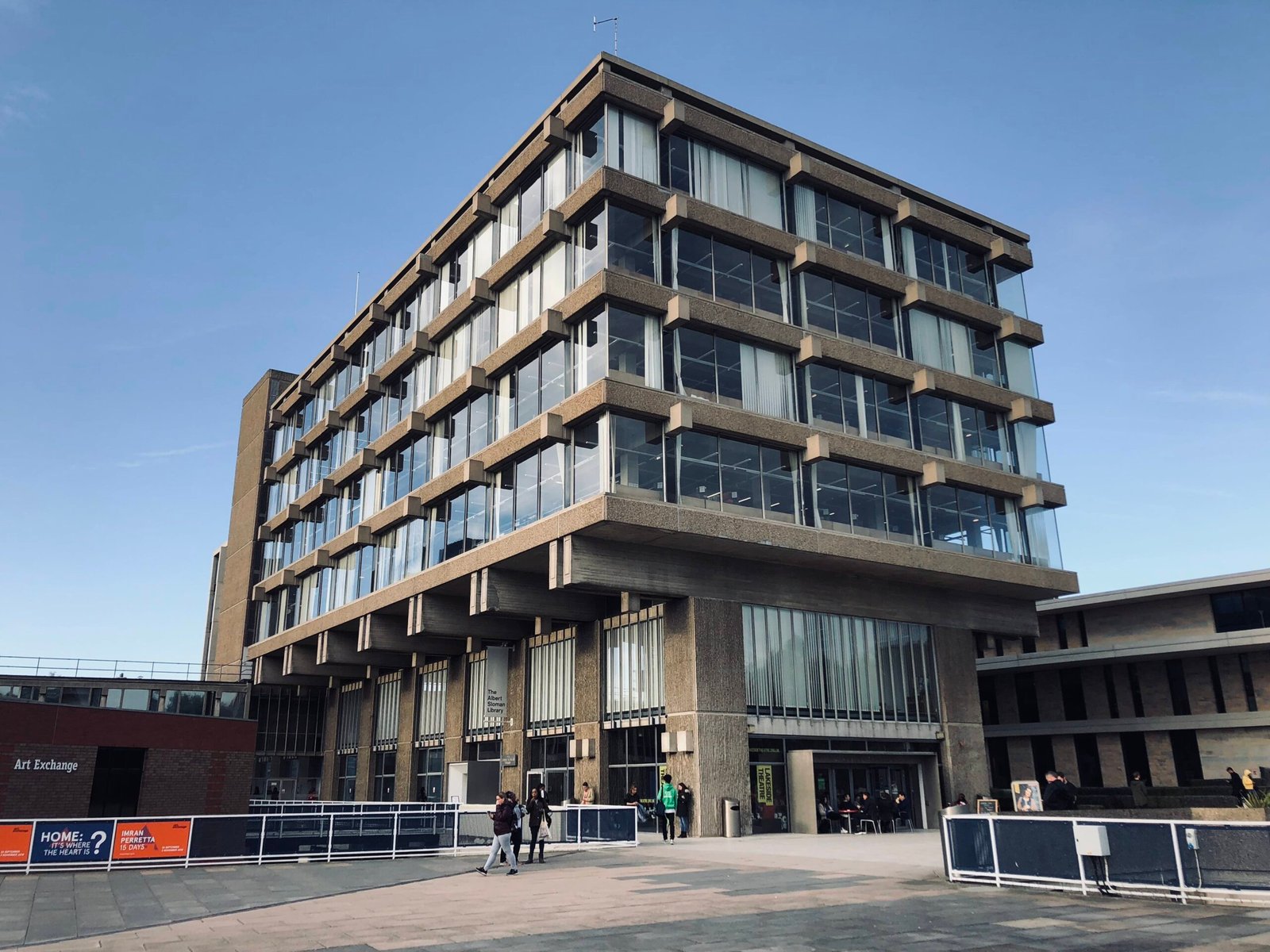“There are tides in the body,” wrote Virginia Woolf. While her words were meant as a metaphor, they are also precise: rivers and human bodies, in fact, share the same matter. We are made of minerals, carbon compounds and organic matter; we breathe, flow, get sick and heal similarly.
We are mostly water. By embracing this idea, the body can be thought of as carrying seas and rivers. What can be learned from that companionship? How can we form alliances of well-being amongst watery creatures?
Our rivers are sick, they have fallen ill because of our actions. We have gotten sick too. If they die, we are accountable. How do we heal together and empathise our losses and crises? How do we slow down and share? This is an invitation to think, feel, heal, dream, flow and fall along with rivers. In our stagnation, we are headed for a crash. But in movement, we make space for common waters.
Events

What common stress factors affect the well-being of humans and rivers? Which philosophical, cultural, economic and political phenomena separate humans and nature into distinct realms? And, amid ecological crisis, what cross-disciplinary practices and methods might reorient us towards a hydrocommons that promotes the health of liquid life?
Live Streams’ virtual public programme creates platforms to consider these questions. Bridging arts and sciences, somatic practices and community collaborations, our talks and workshops are open to everyone, encouraging active participation into the co-creation of practice-led research. Together, through artist-led somatic experiences that navigate the continuities between the health and flows of bodies of water, we’ll situate the body as a terrain of knowledge to question the dogma of Western rationalism. Talks with artists, community leaders, movement practitioners and scientists, will make space for critical dialogue about the technoscientific and extractive approaches to rivers inherent to the project of modernity, and to explore how collaborative communities (from microbial to therapeutic, artistic to environmental) foster greater capacity for what Donna Haraway calls “response-ability,” in this case, to liquid lives.
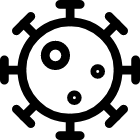
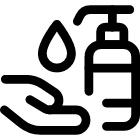
Covid-19 Guidelines
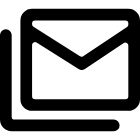
Questions? Please contact us
About the exhibition

In the pursuit of progress, industrial development and urban growth are promoted to the detriment of bodies of water. But the separation of human health from other forms of life is a harmful binary that ultimately threatens our environment. Live Streams explores the permeations, rather than the separations, of human and liquid lives, bringing together works from the Essex Collection of Art from Latin America (ESCALA) and entre—ríos, a research project supported by the Global Challenges Research Fund, created in 2019 to explore ecological wellbeing from the arts.
The exhibition addresses human impacts on liquid territories, while also focusing specifically on the body, recognising it as the first interface for us to establish more ethical relations with others, and highlighting the interdependency of ecosystem and human health. The first two weeks of the exhibition are hosted exclusively on this site, expanding into Art Exchange’s physical gallery space from 18 May. Our virtual programme of screenings and talks blends and blurs our current experiences of living between digital realms and spaces AFK (away from keyboard).
Featuring physical practices, like meditation and breathwork, and interdisciplinary talks, the exhibition and public program encourage awareness of the porous boundaries between humans and nature, while fostering dialogue between the arts and sciences. Since the start of the COVID-19 pandemic, the entre—ríos network has explored the question: How can we establish intimacy and ethical relations with bodies of water (and with each other) at a time when physical fieldwork is not possible?
The exhibition draws directly on the practice-based research methodologies and interdisciplinary collaborations we piloted during the wave of lockdowns that ran from April to December 2020. In regular Zoom meetings, we came together as a community of artists, environmental activists and researchers, to participate in somatic exercises of breath and vocal work, listening and meditation, and to host presentations on environmental projects, arts practice and research from disciplines ranging from decolonial theory to microbiology, wetland restoration to indigenous dwelling patterns.
For more information on the network and its research projects, visit: entre-rios.net
Live Streams is curated by Lisa Blackmore (School of Philosophy & Art History and the Centre for Interdisciplinary Studies, University of Essex), Diego Chocano (Assistant Curator of Essex Collection of Art from Latin America/University Art Collections) and Emilio Chapela (Artist and Research Assistant at the University of Essex). This website was built by David Medina.





